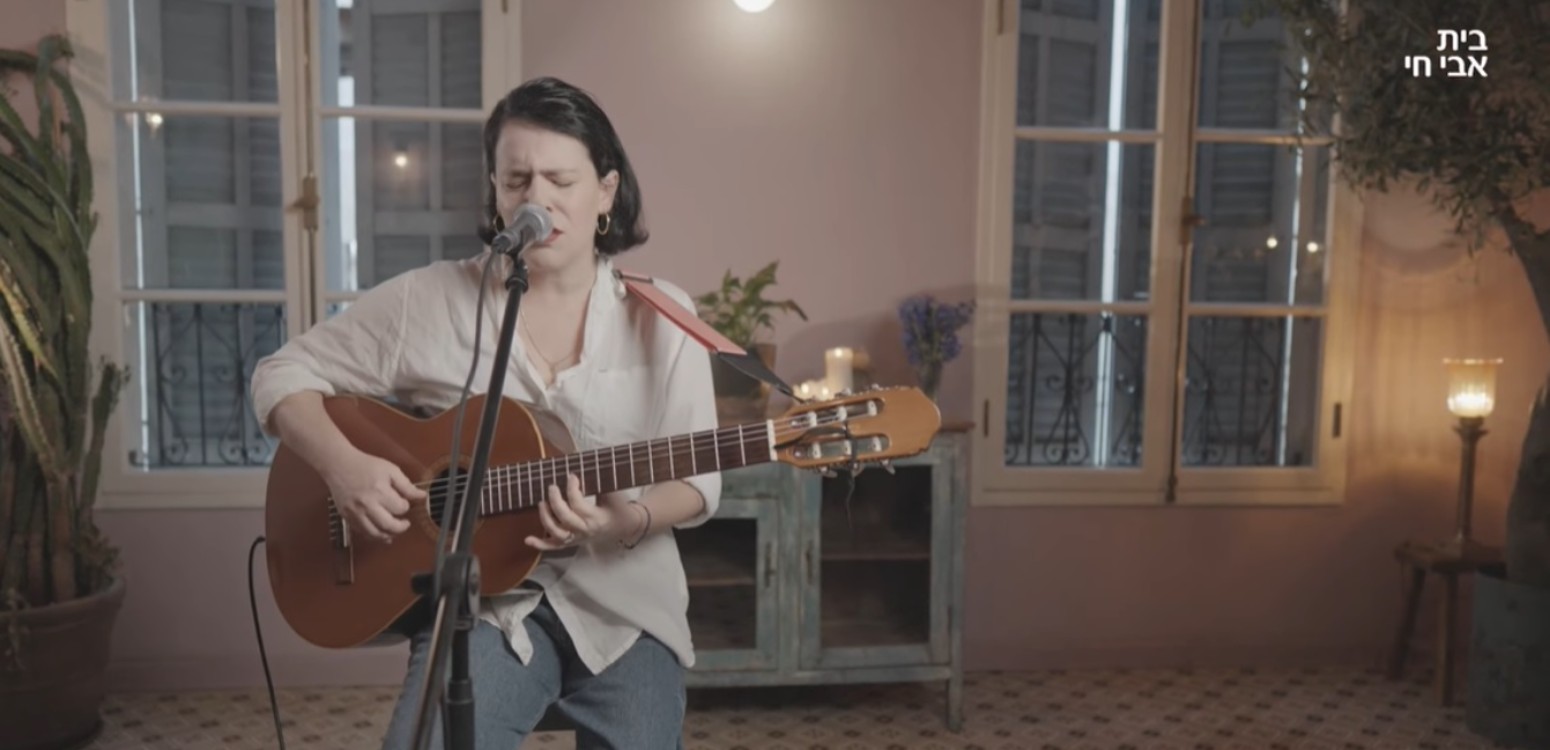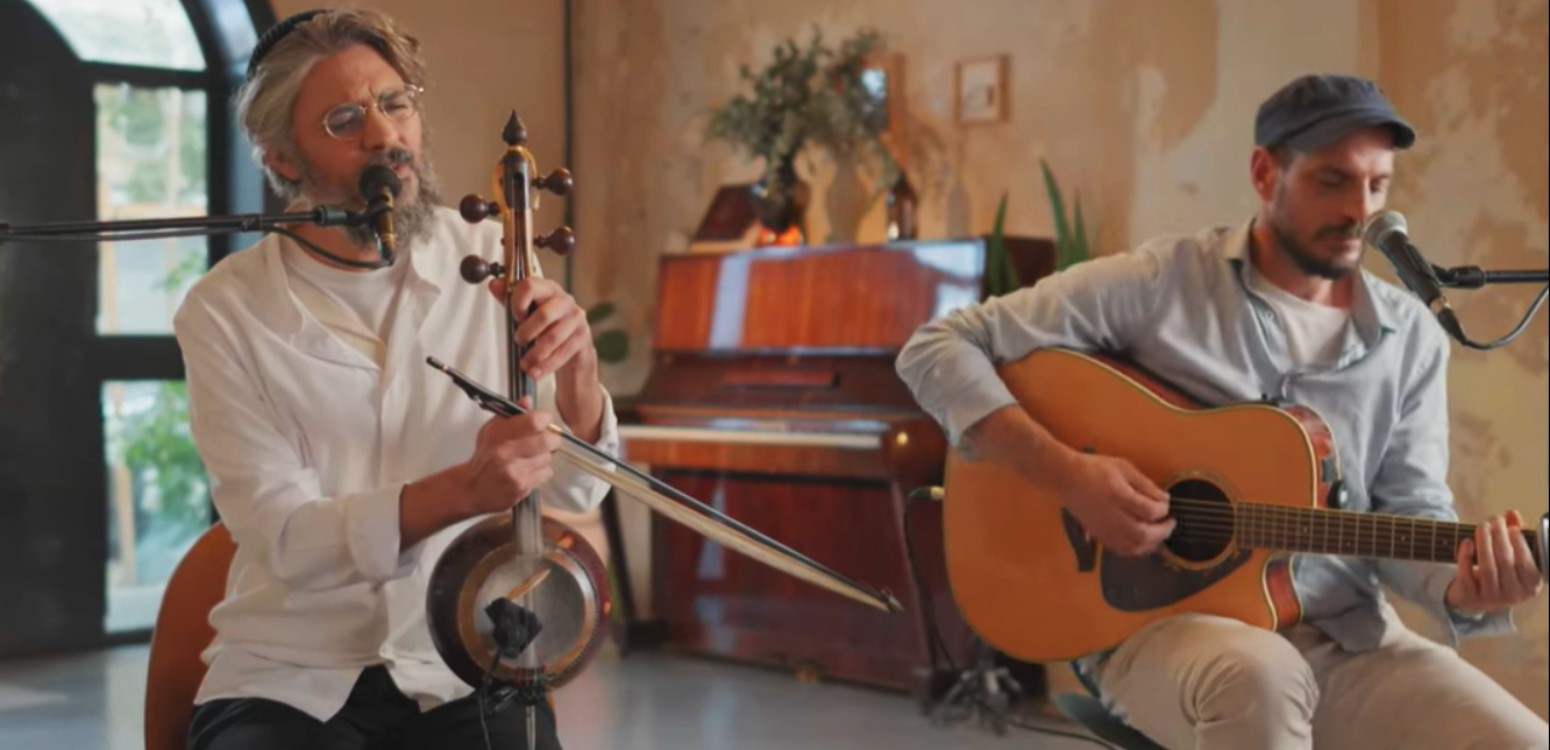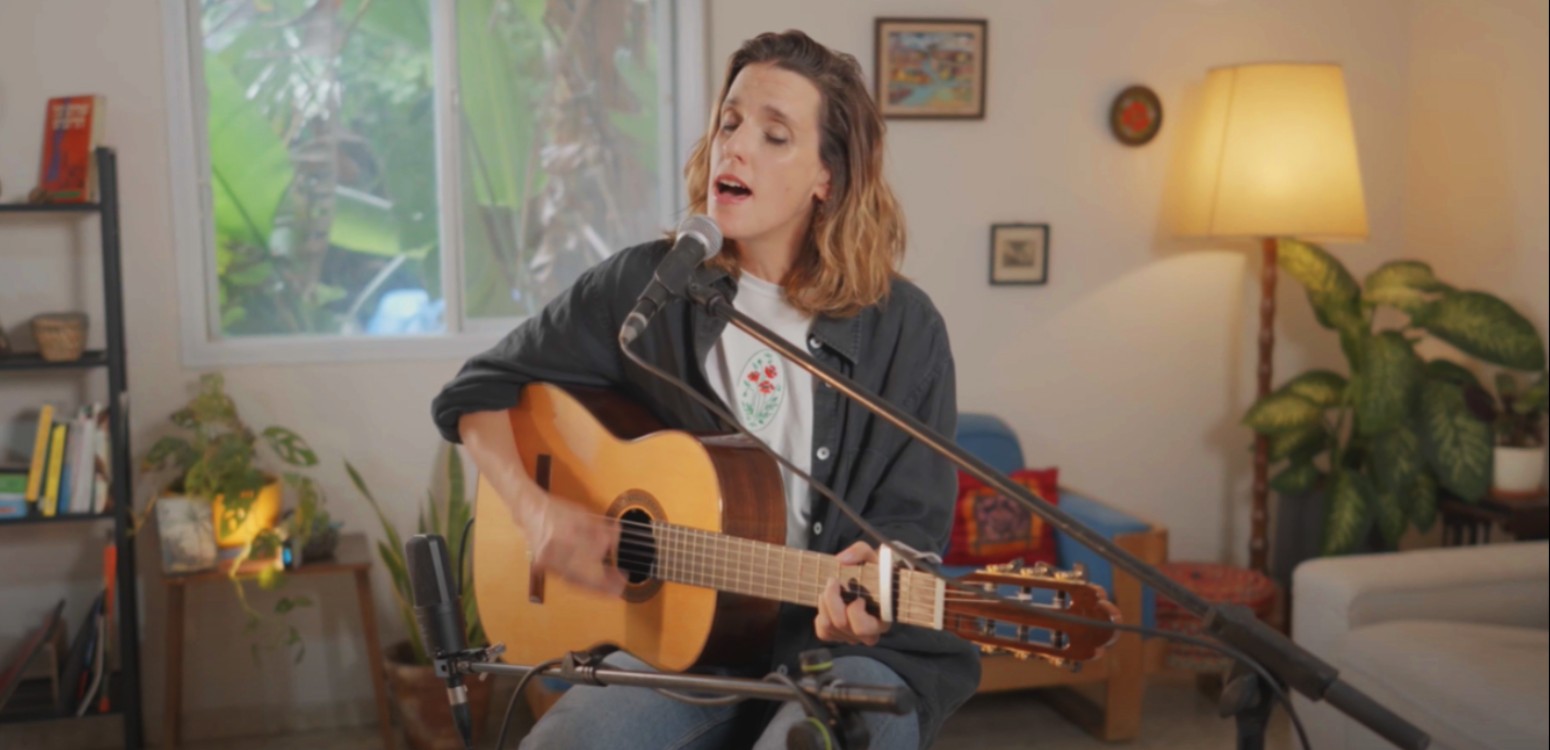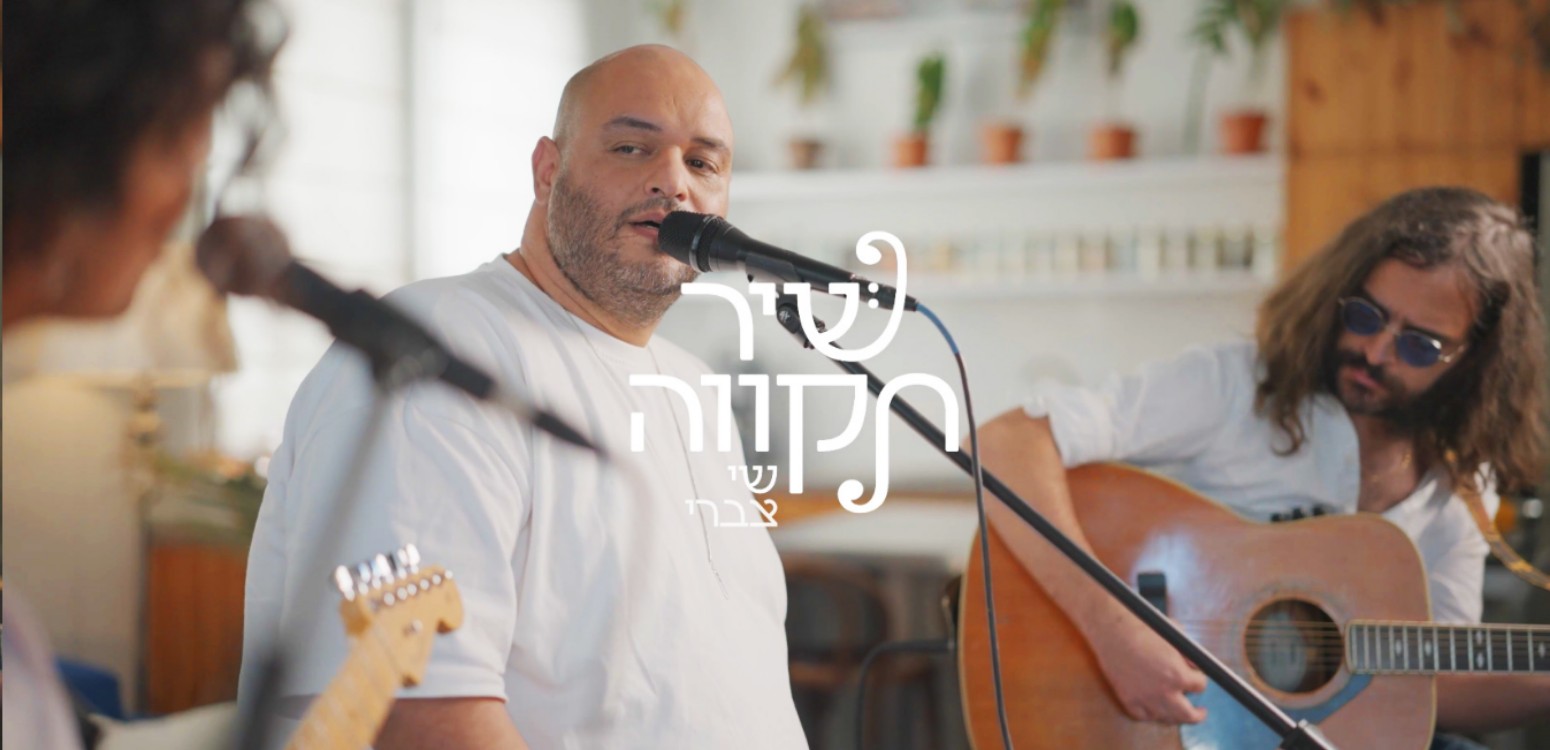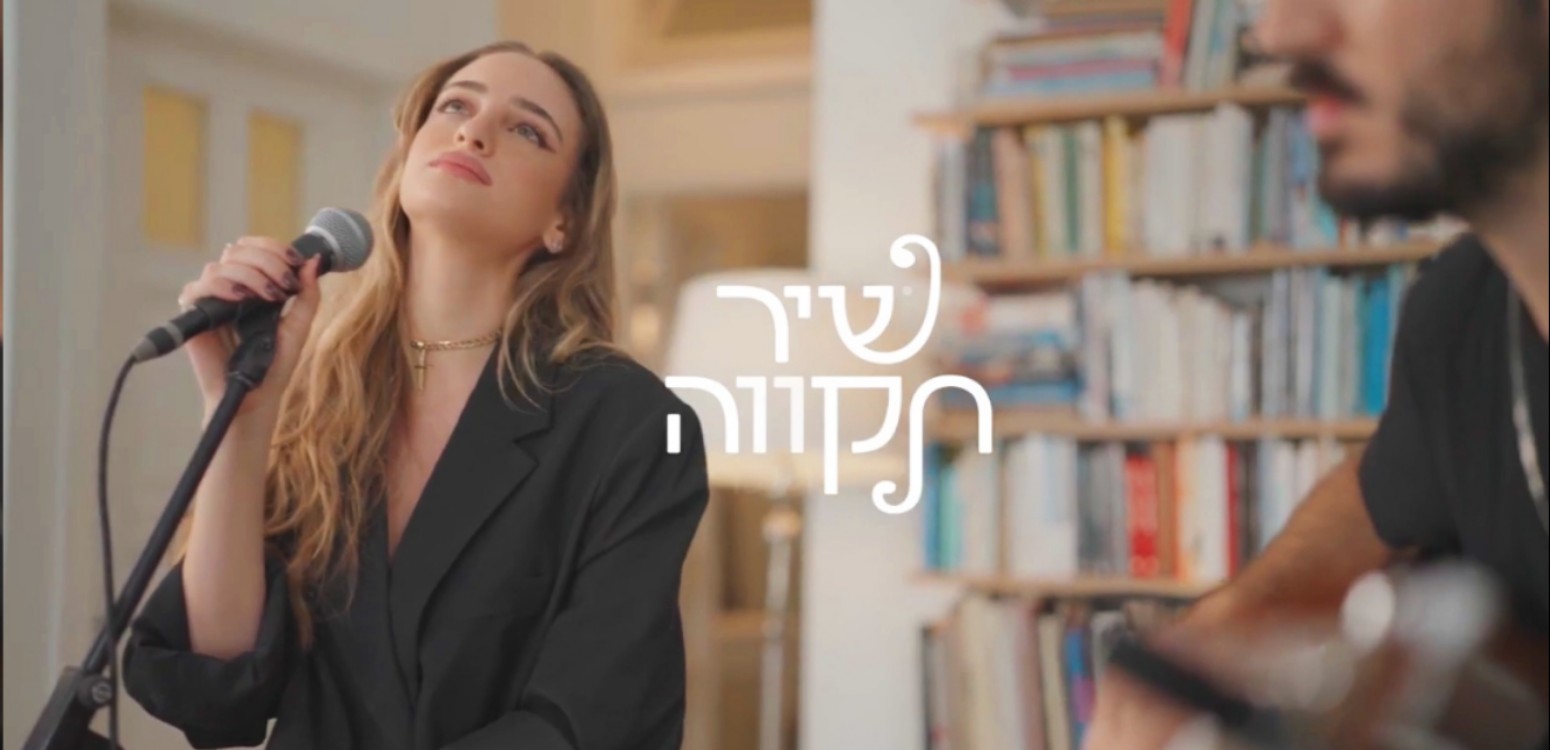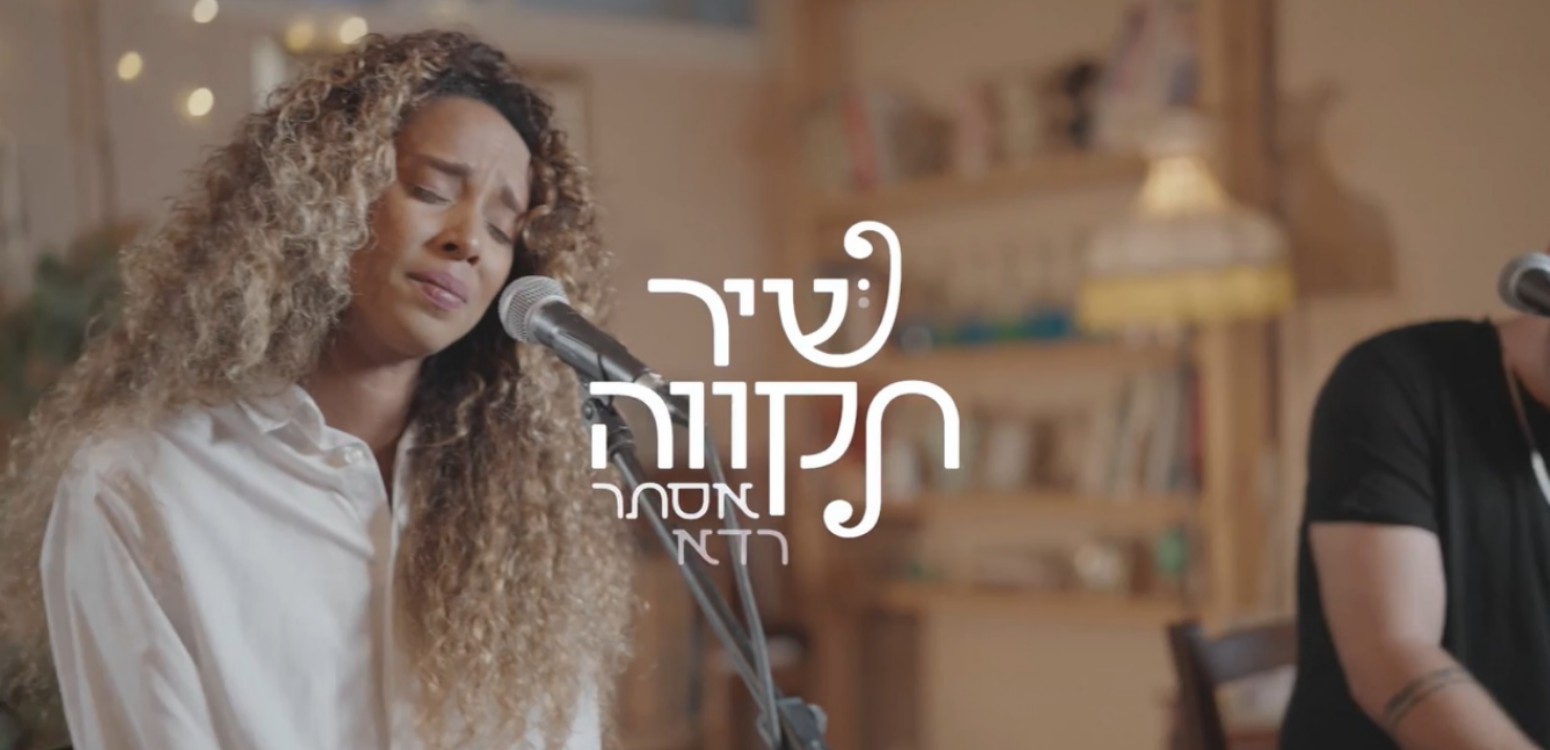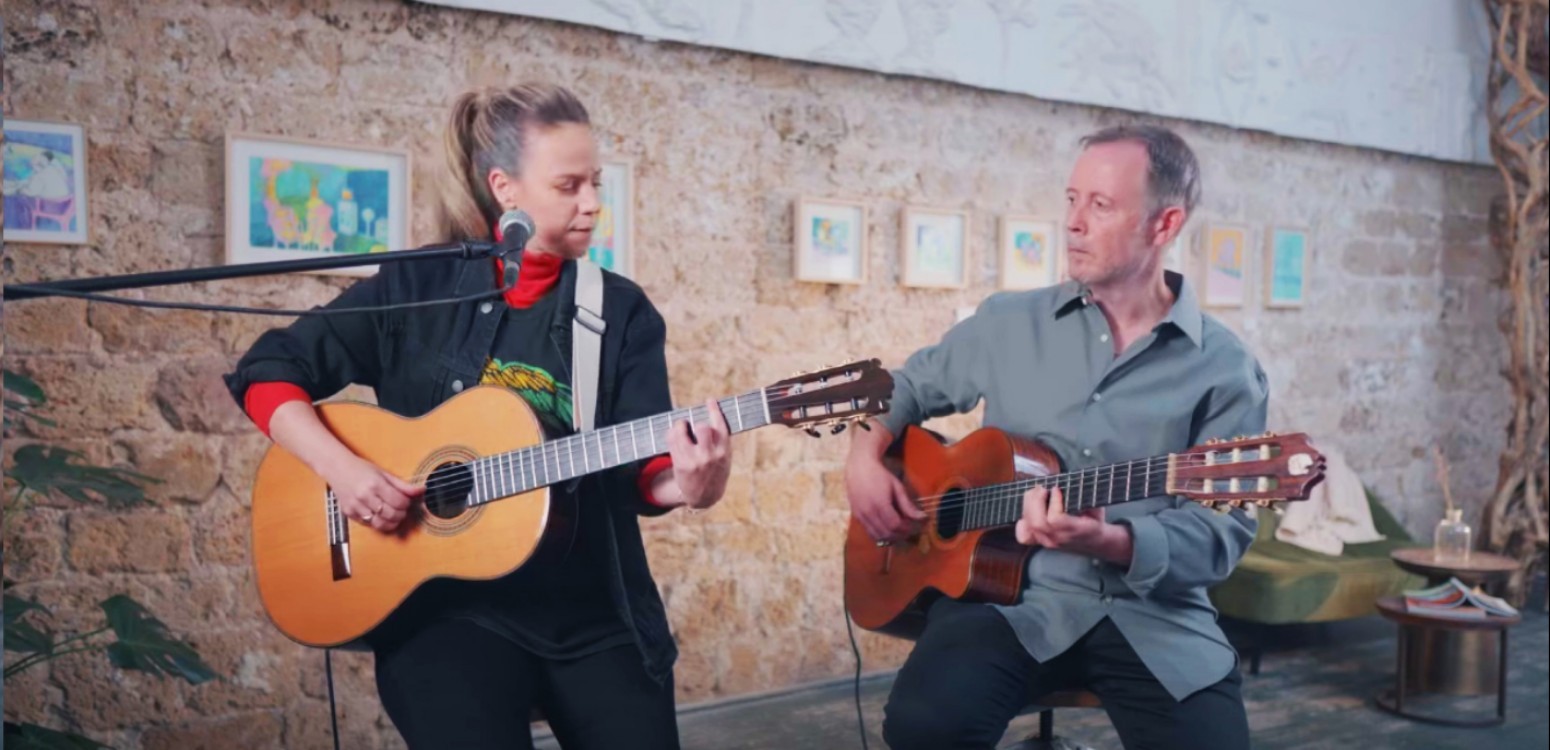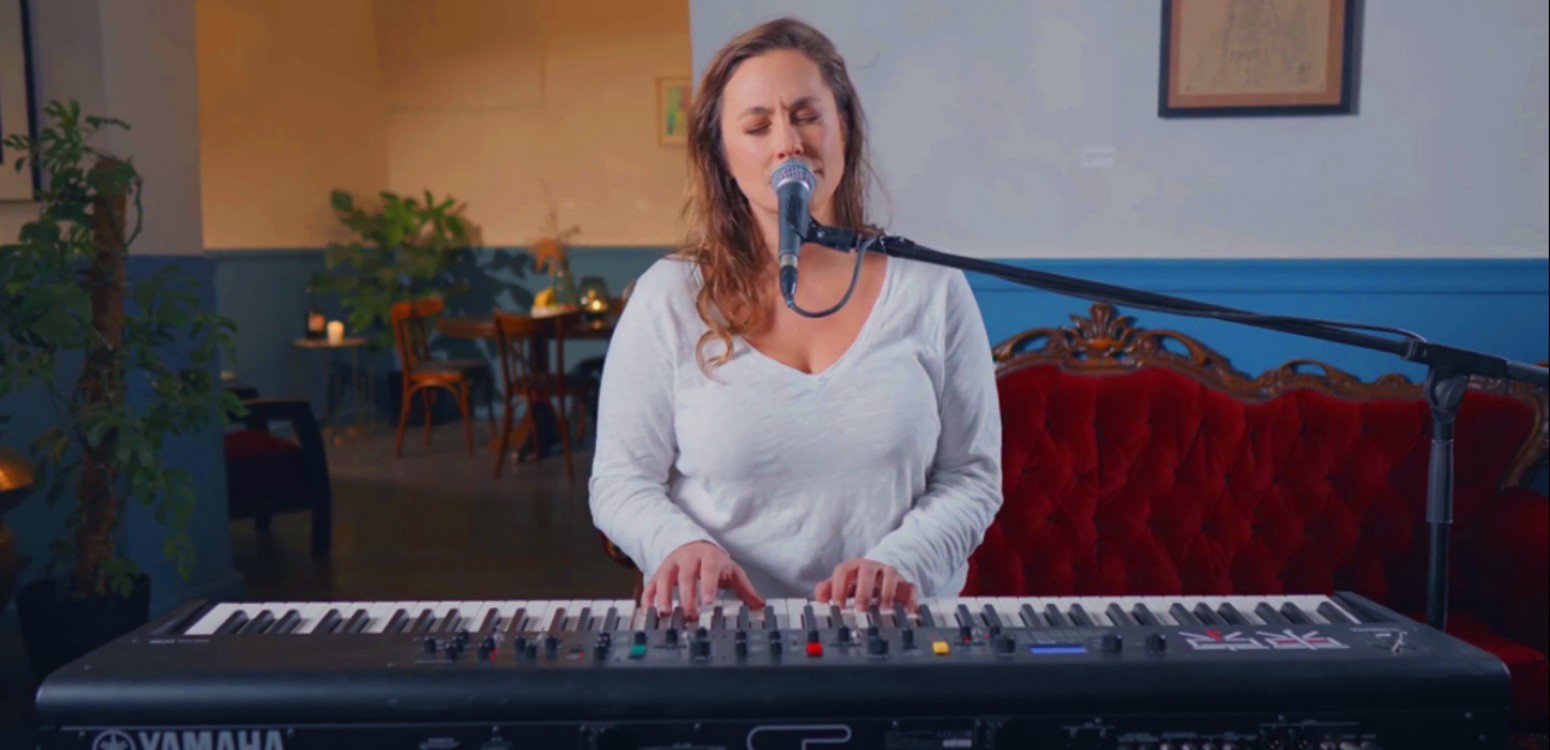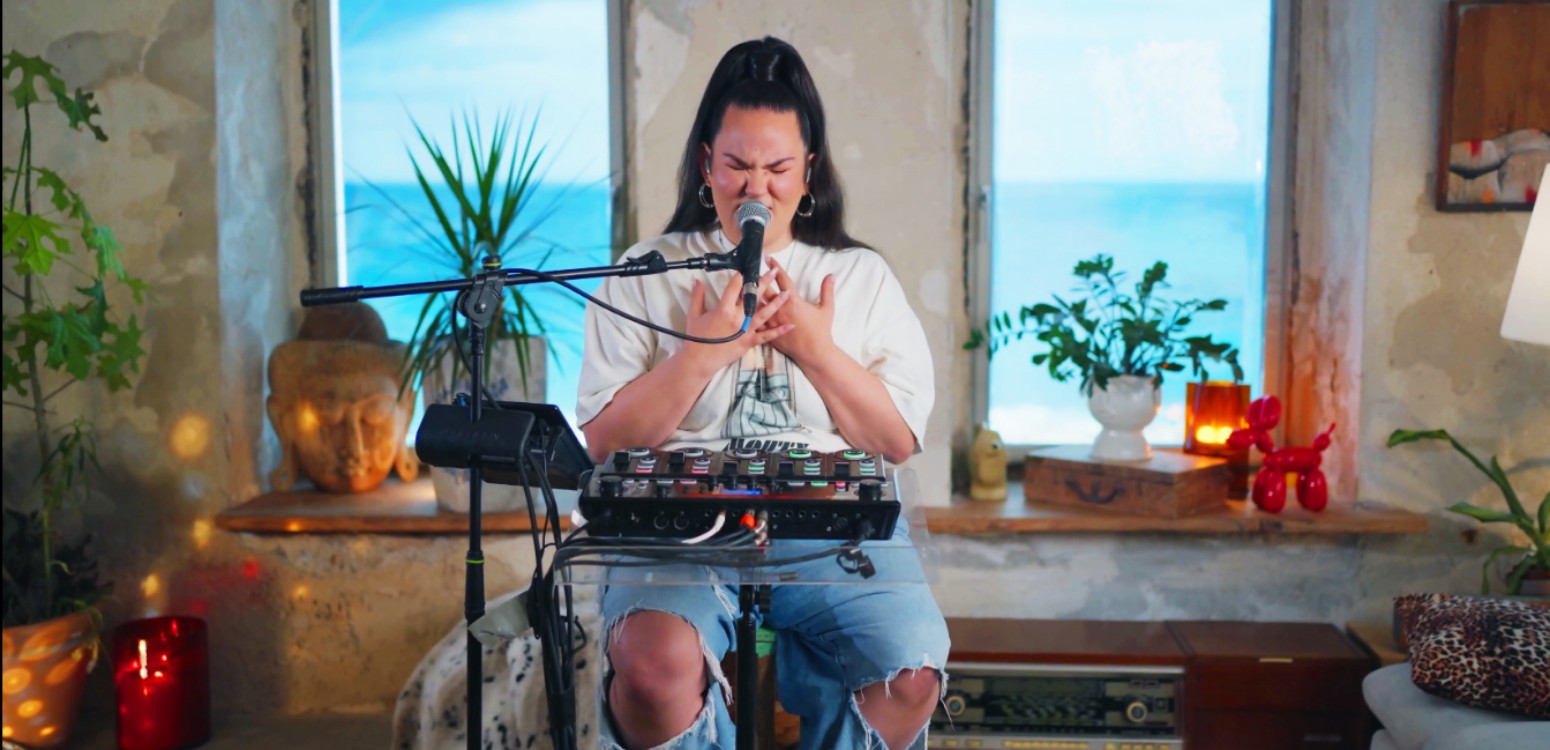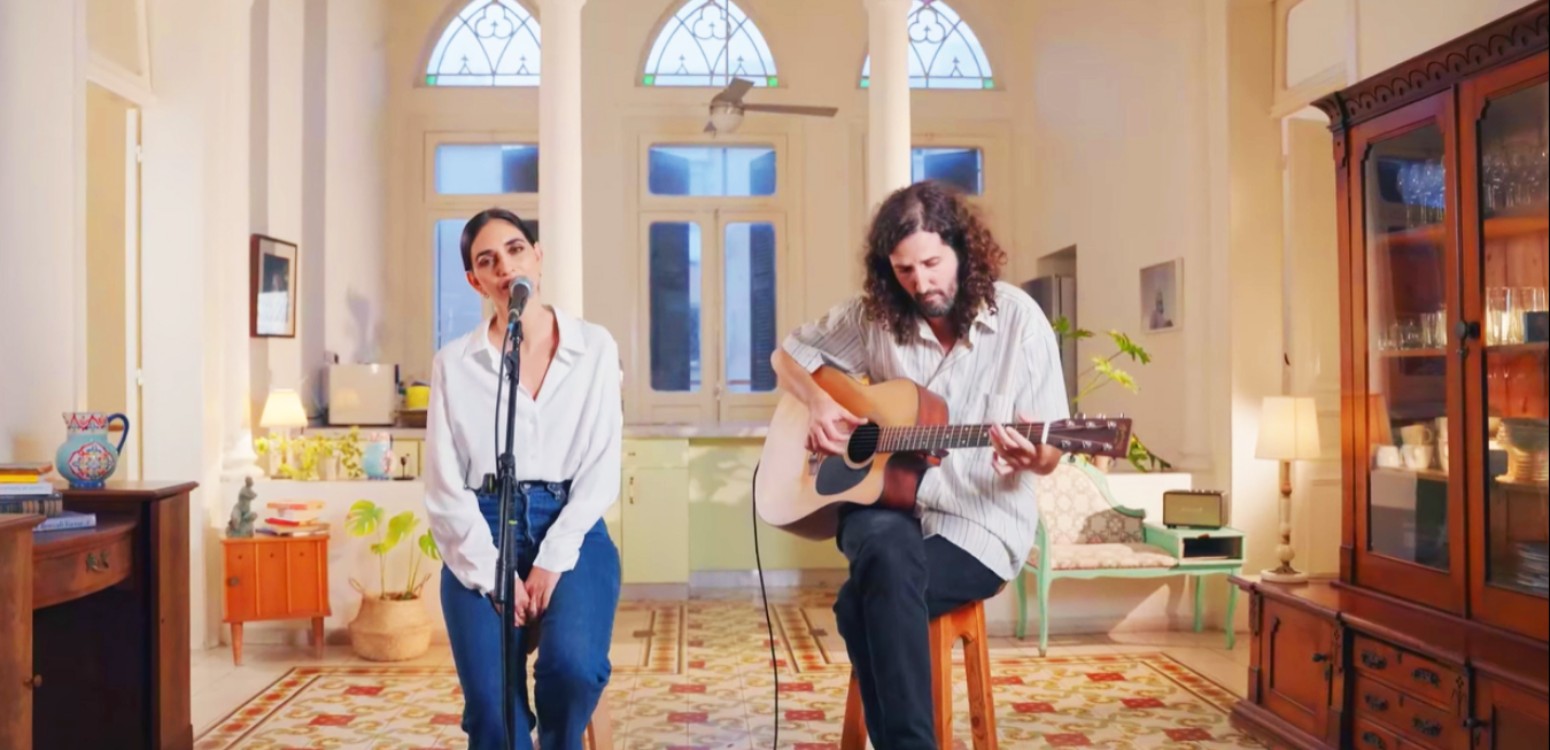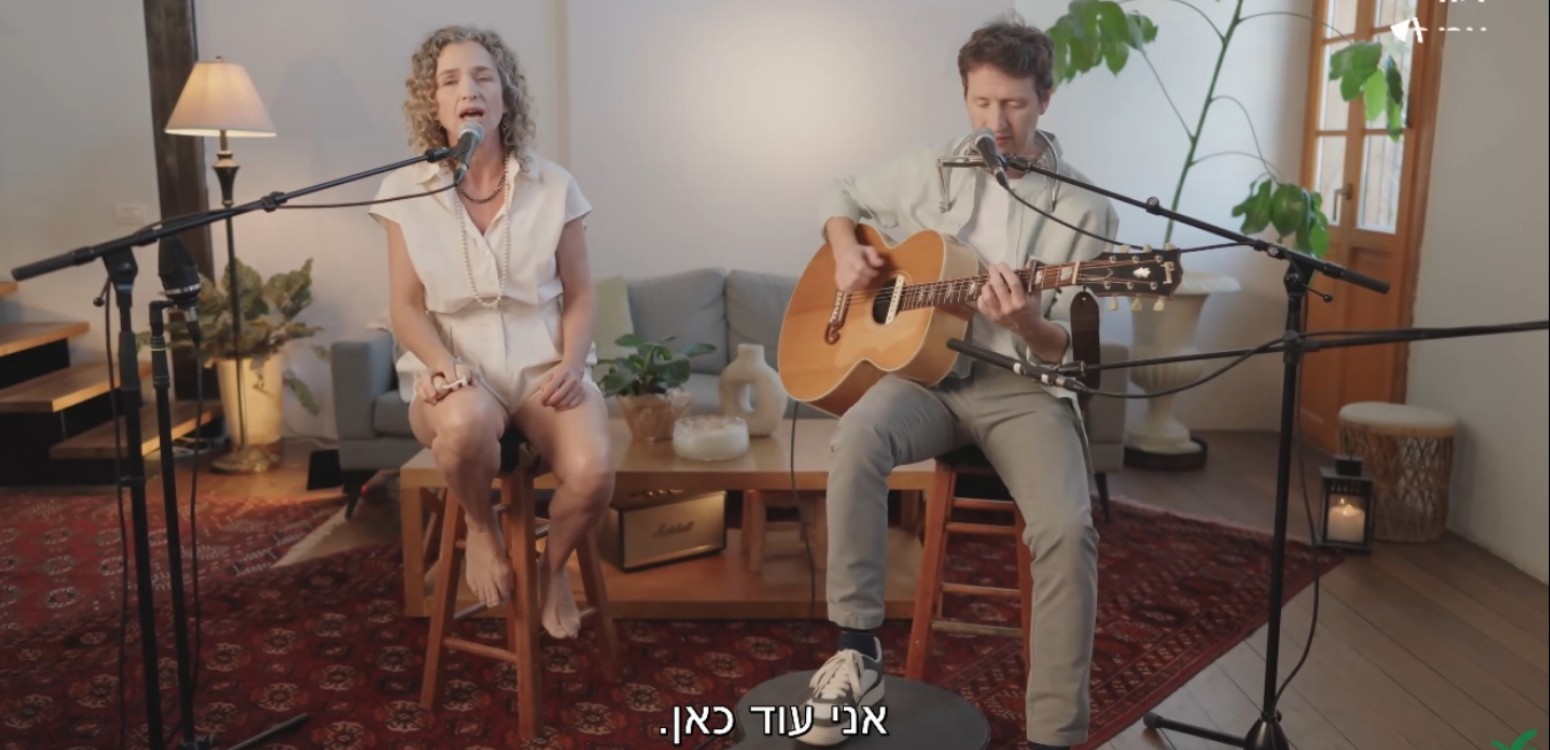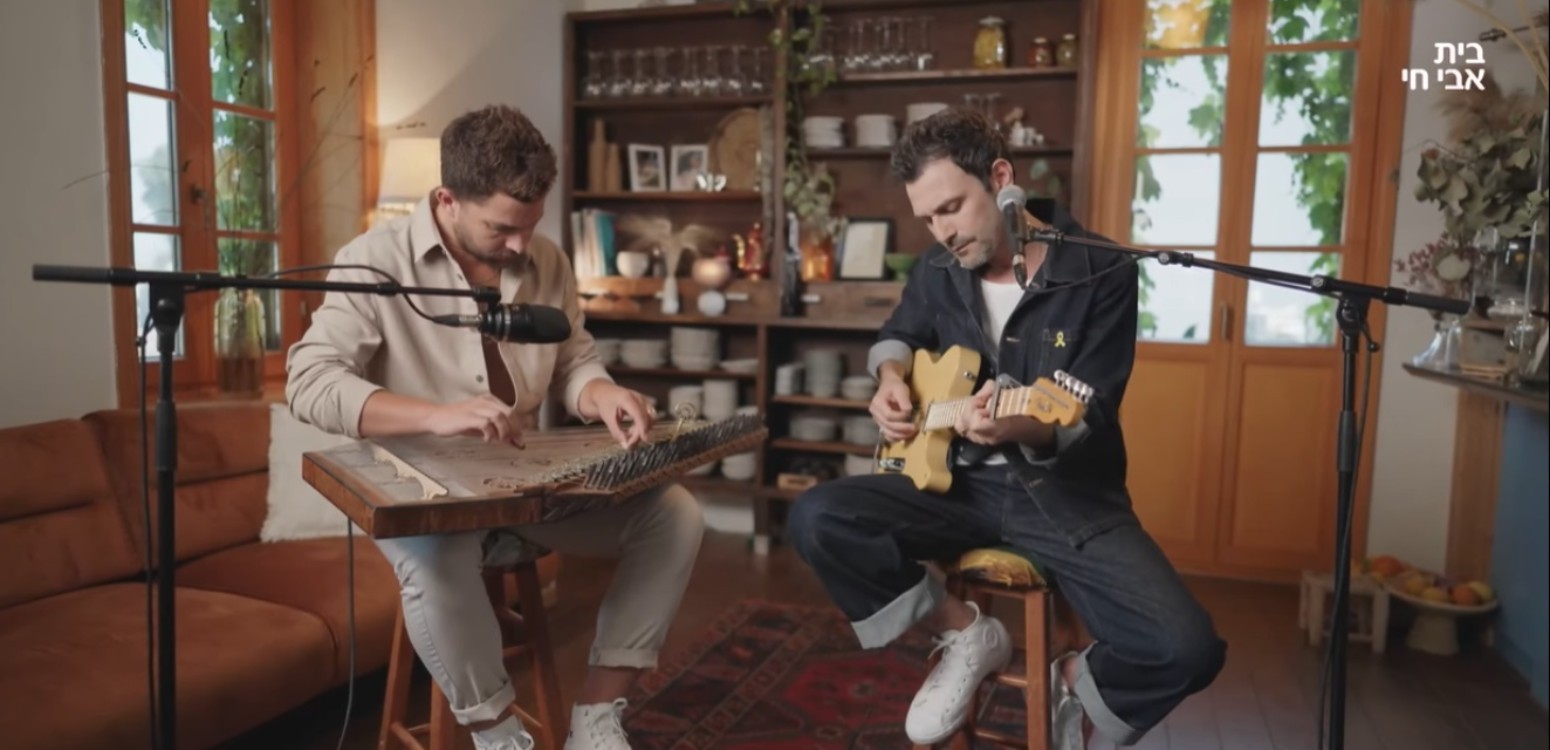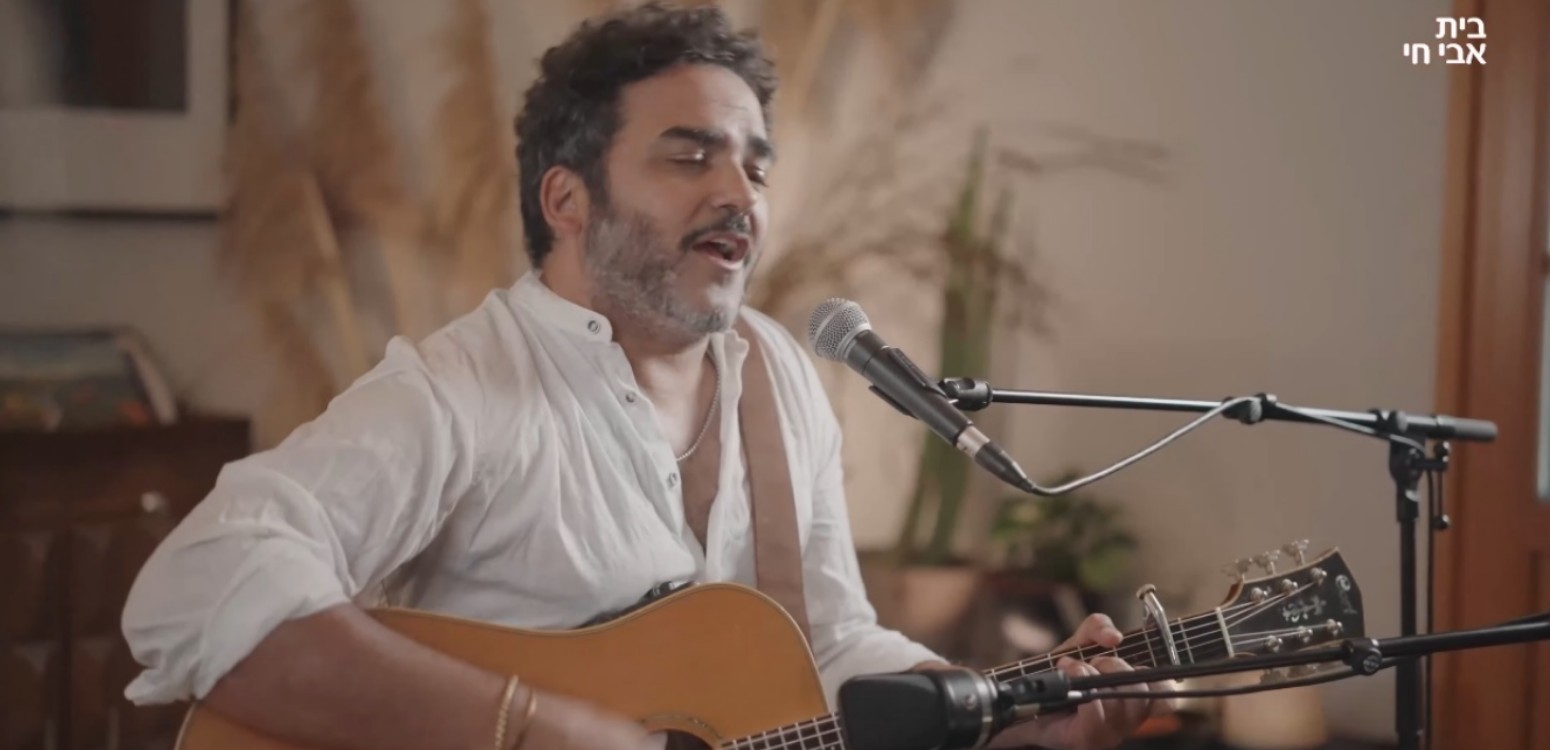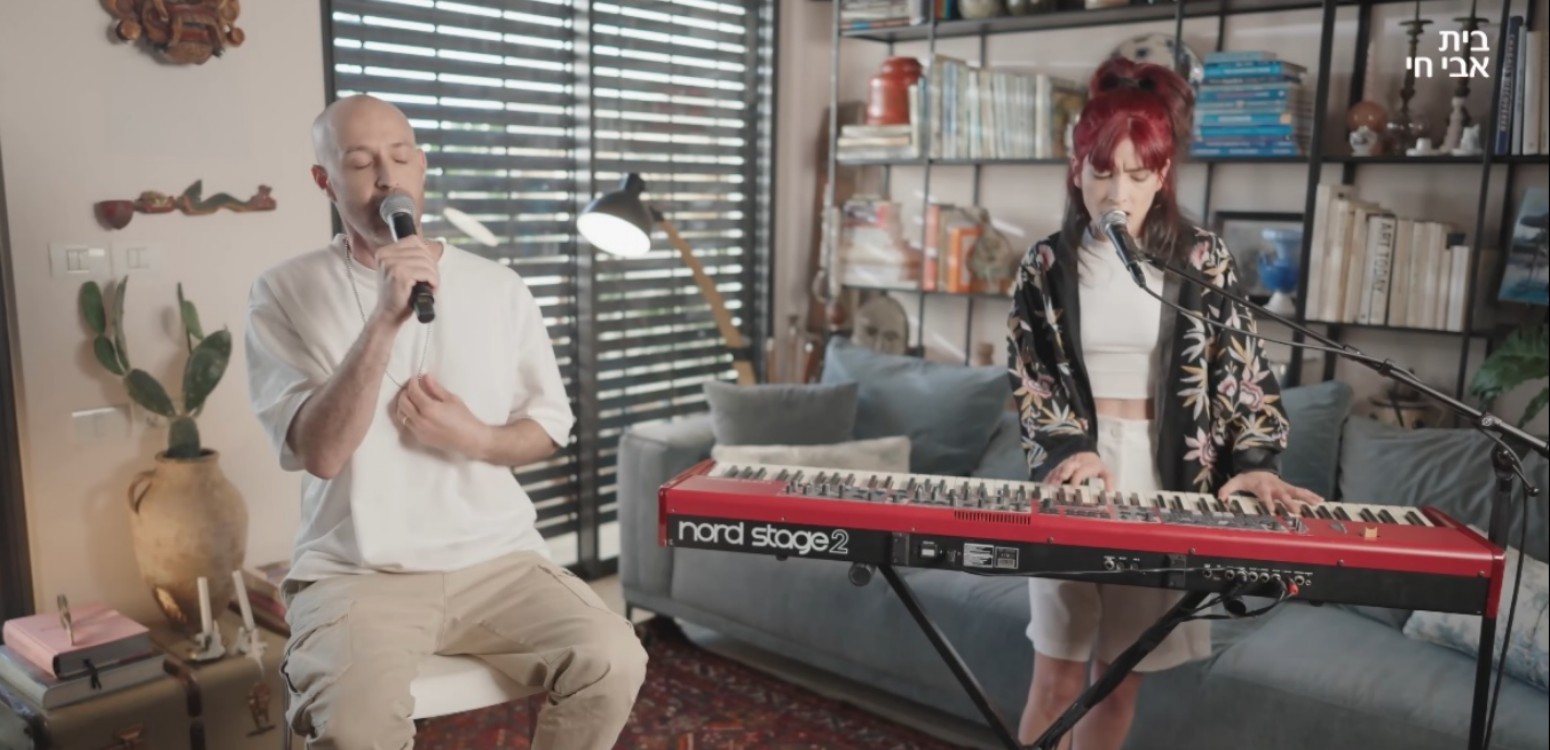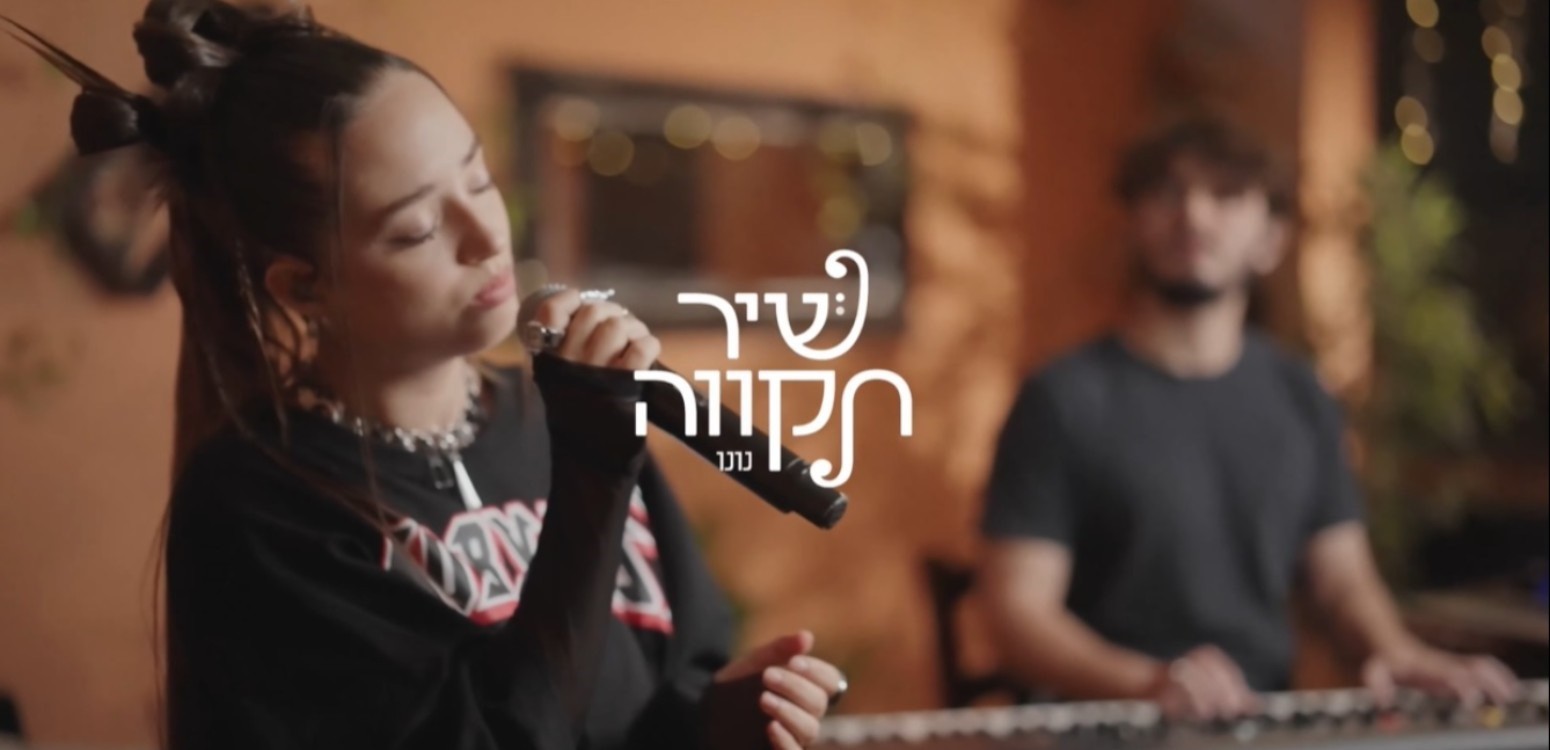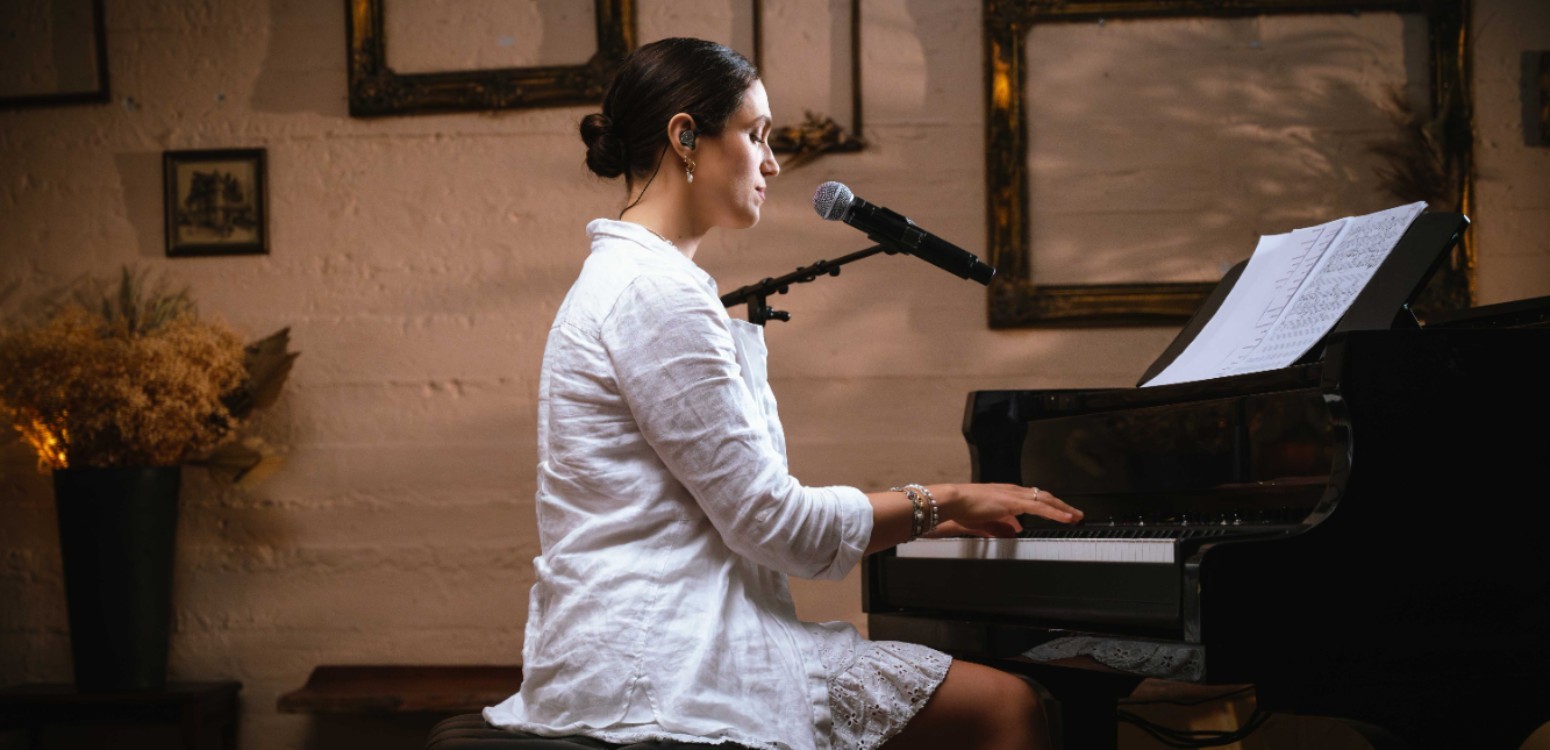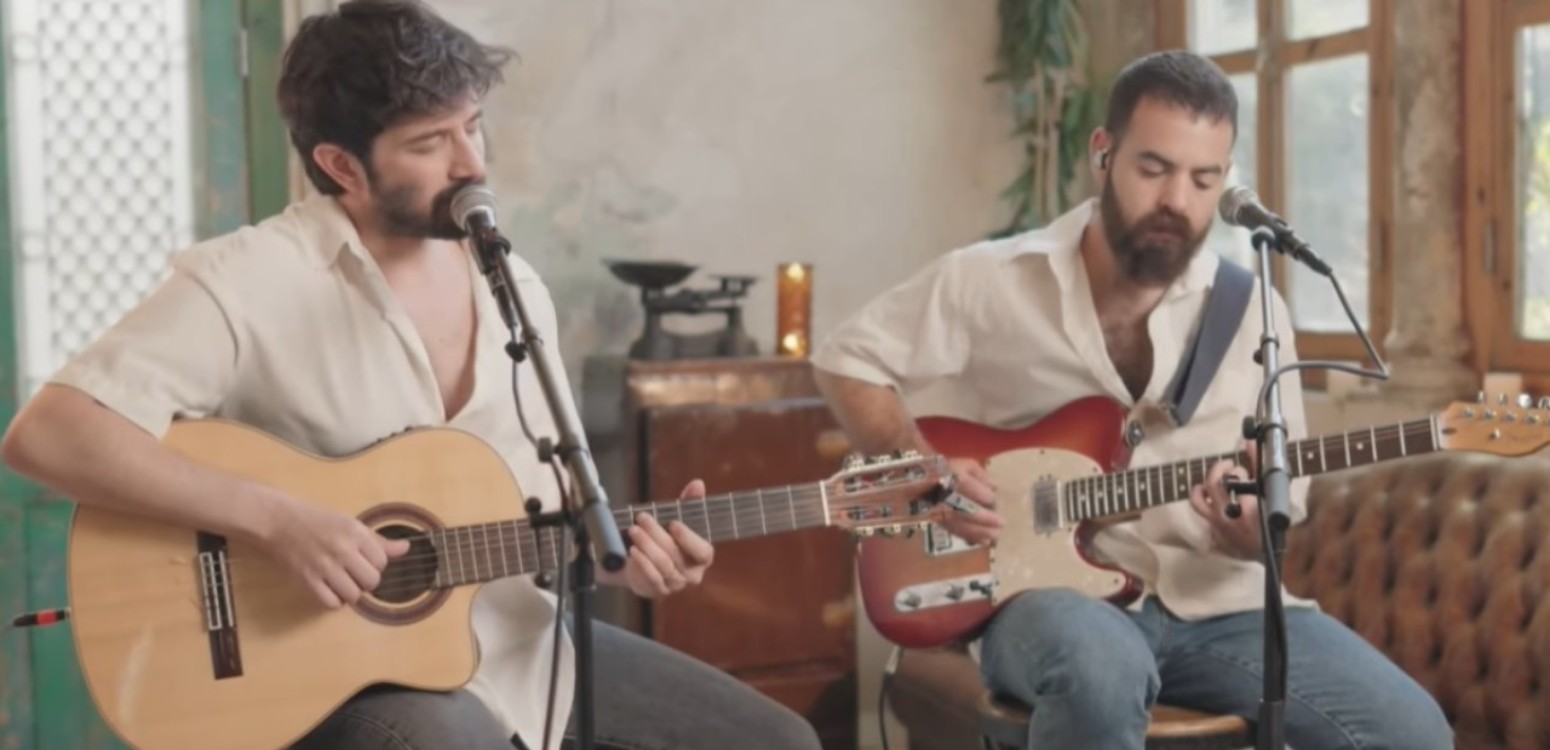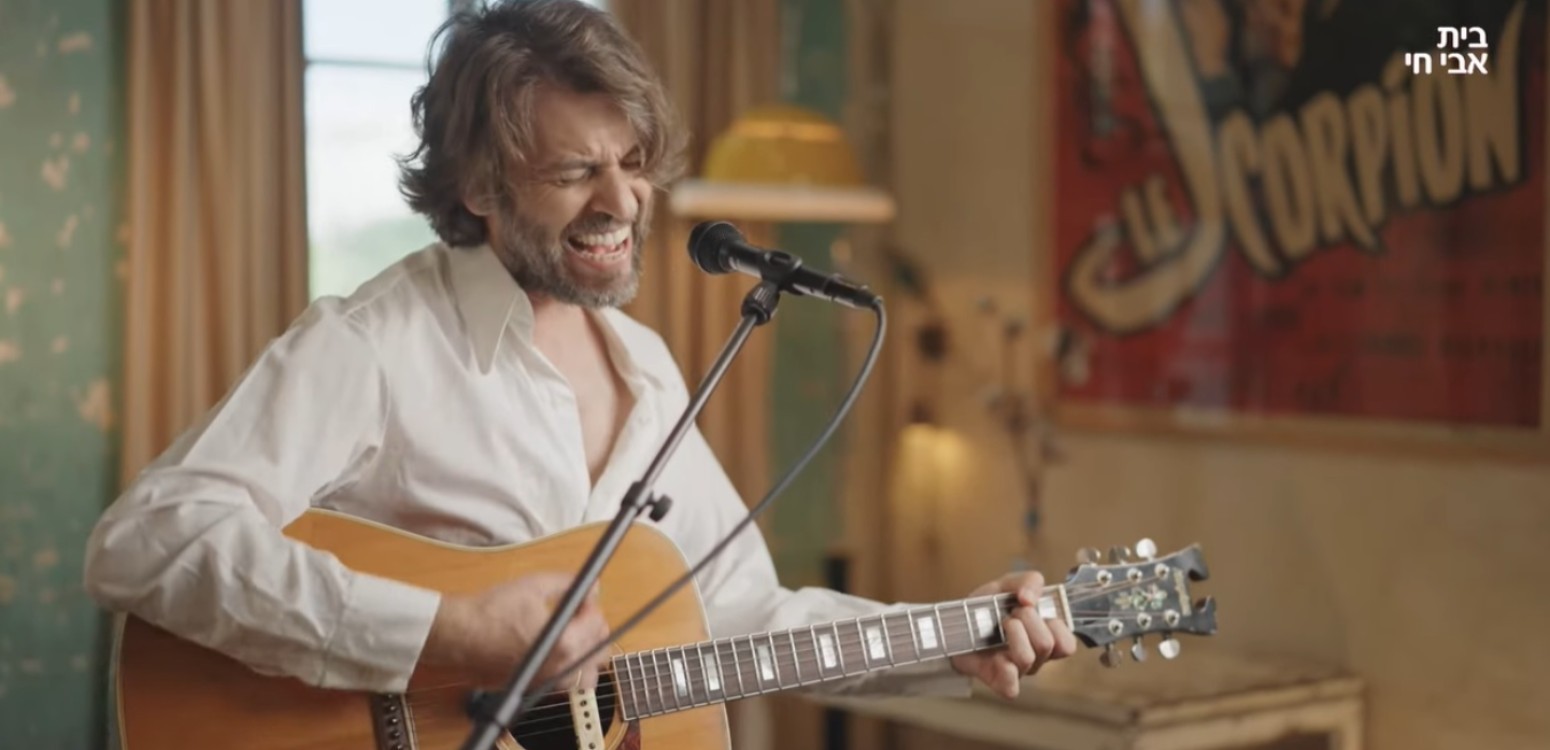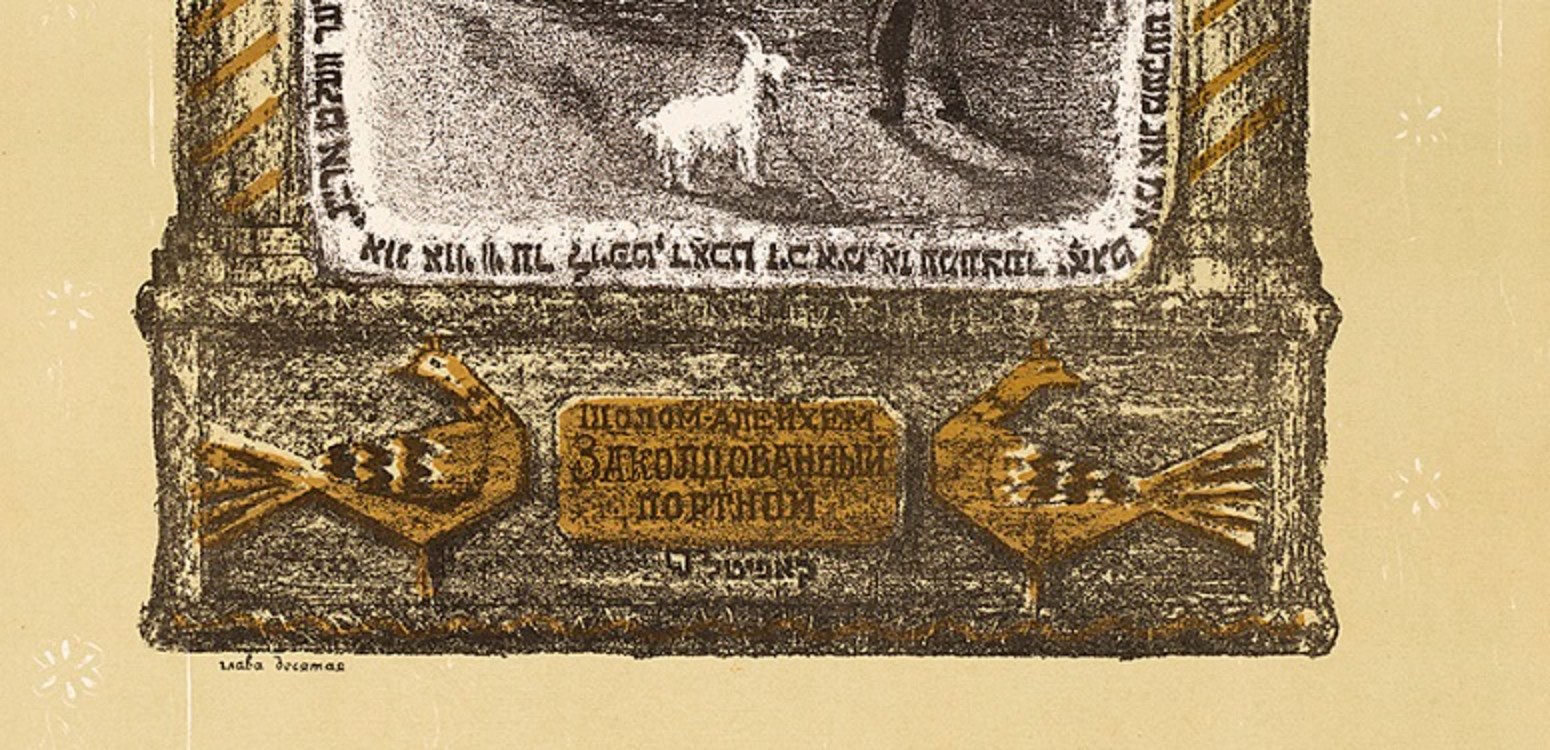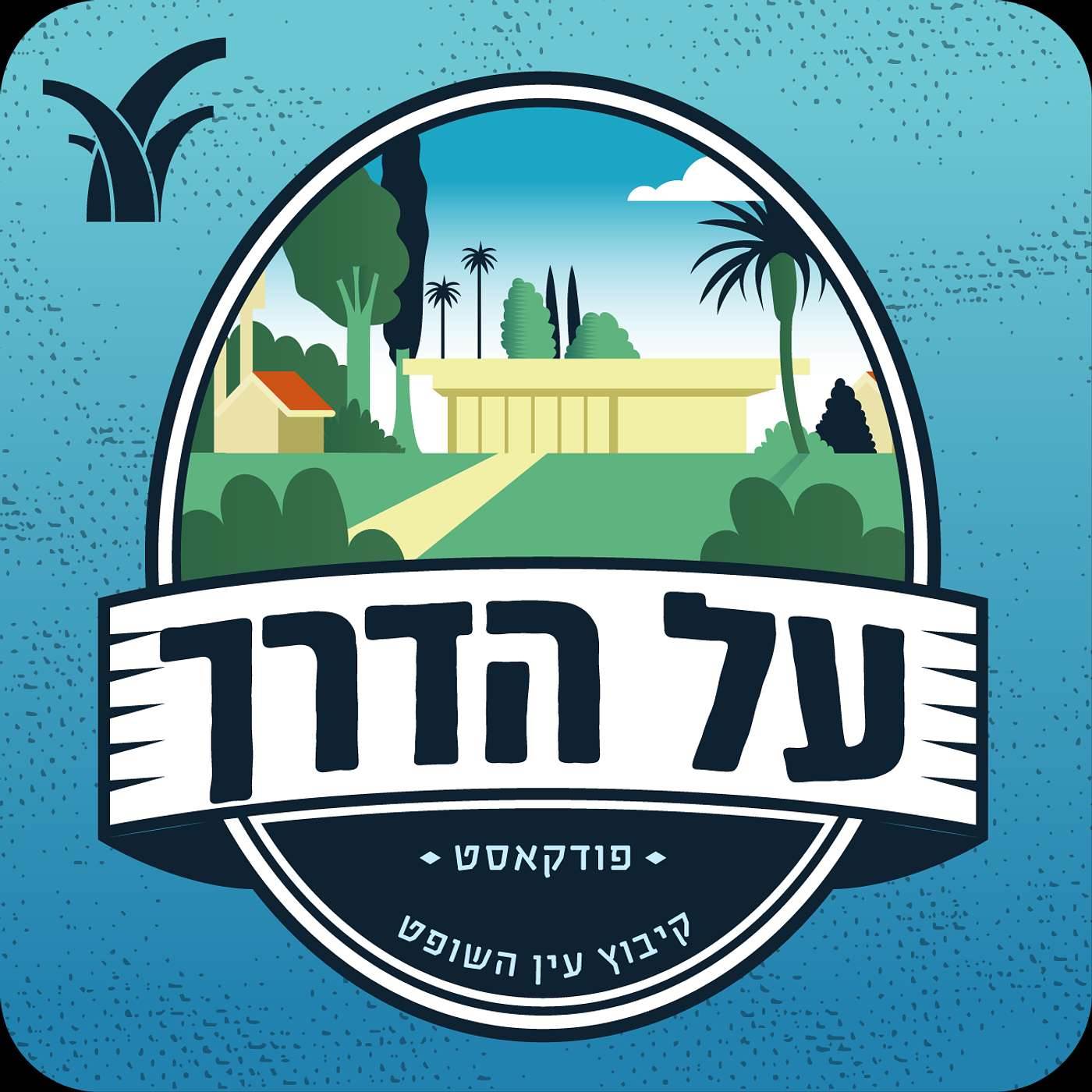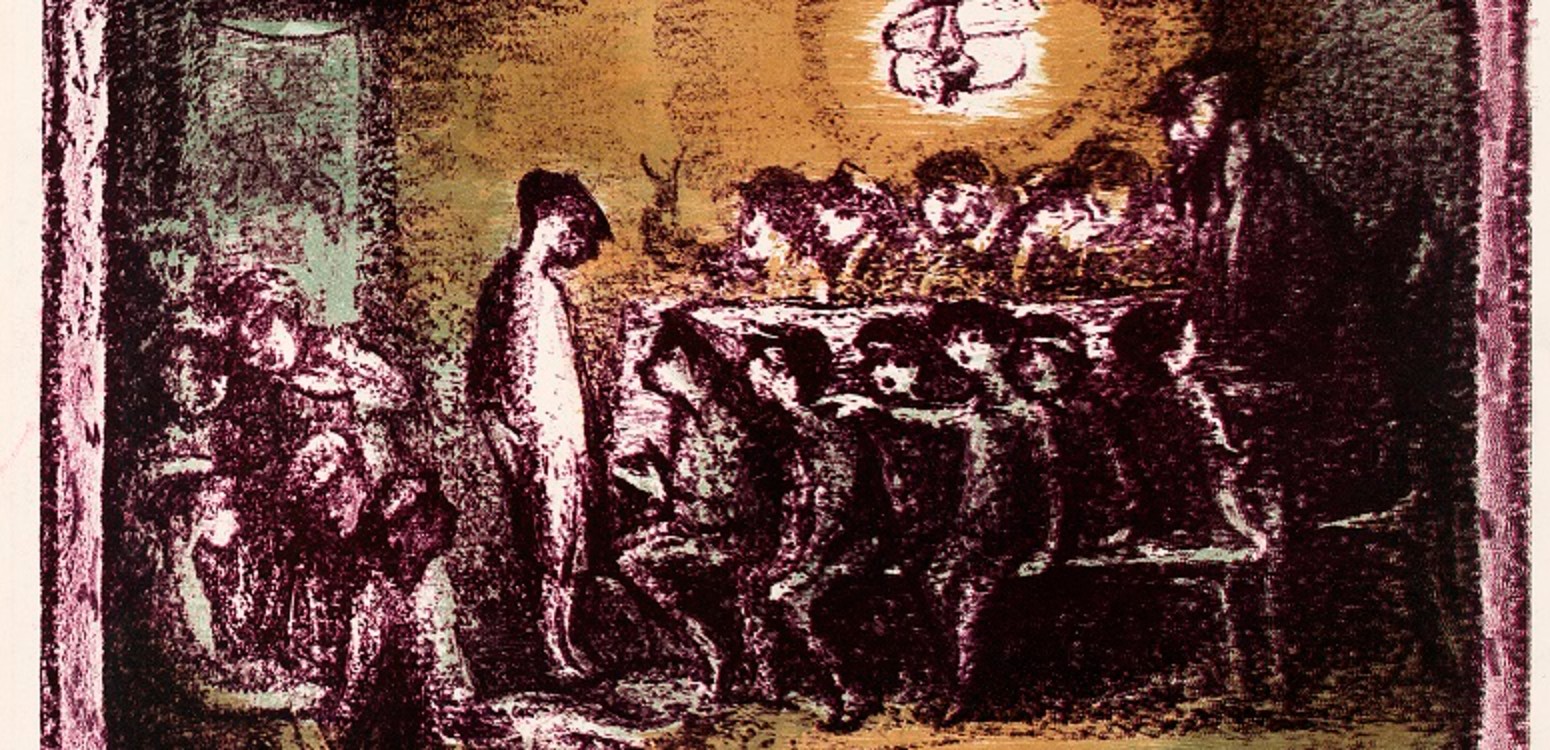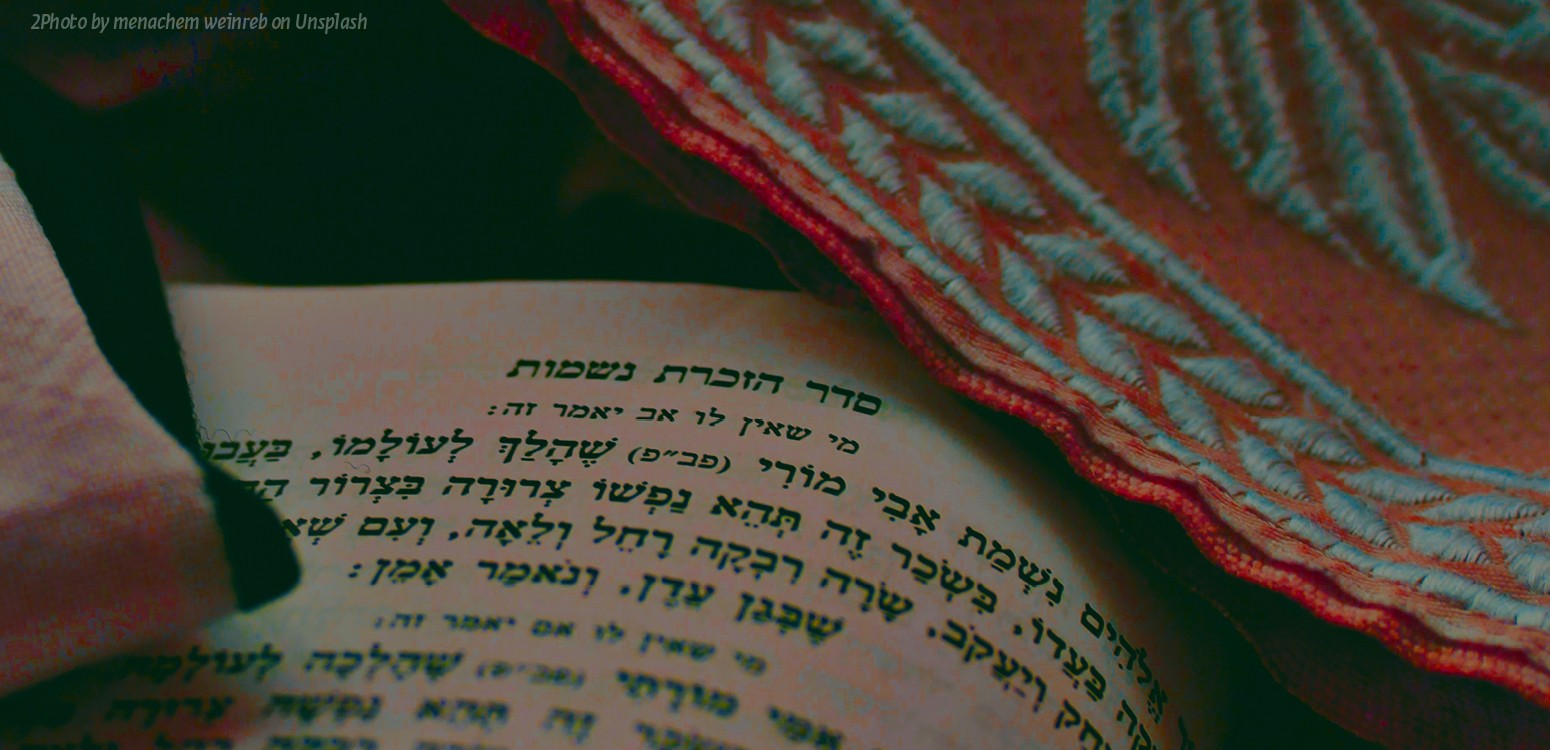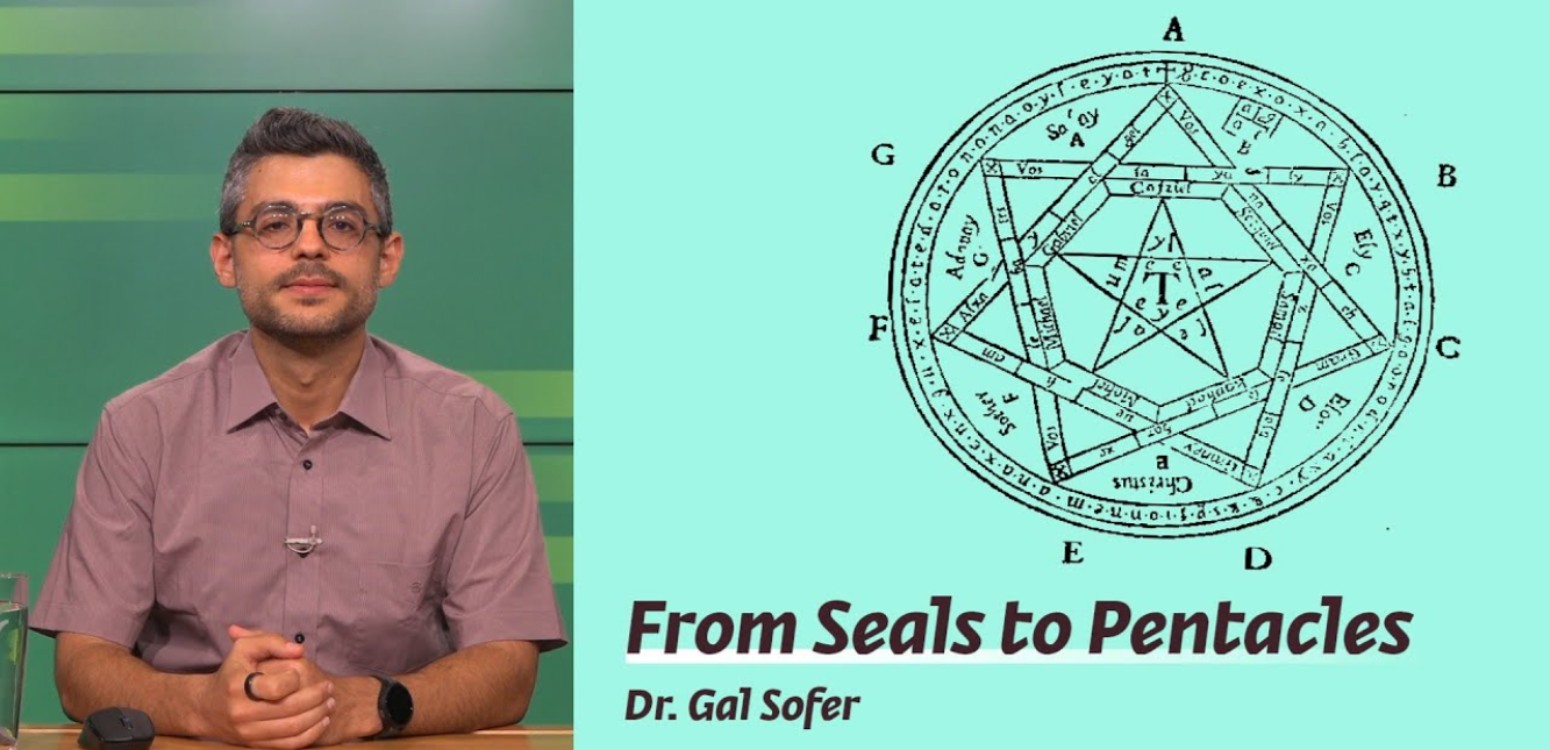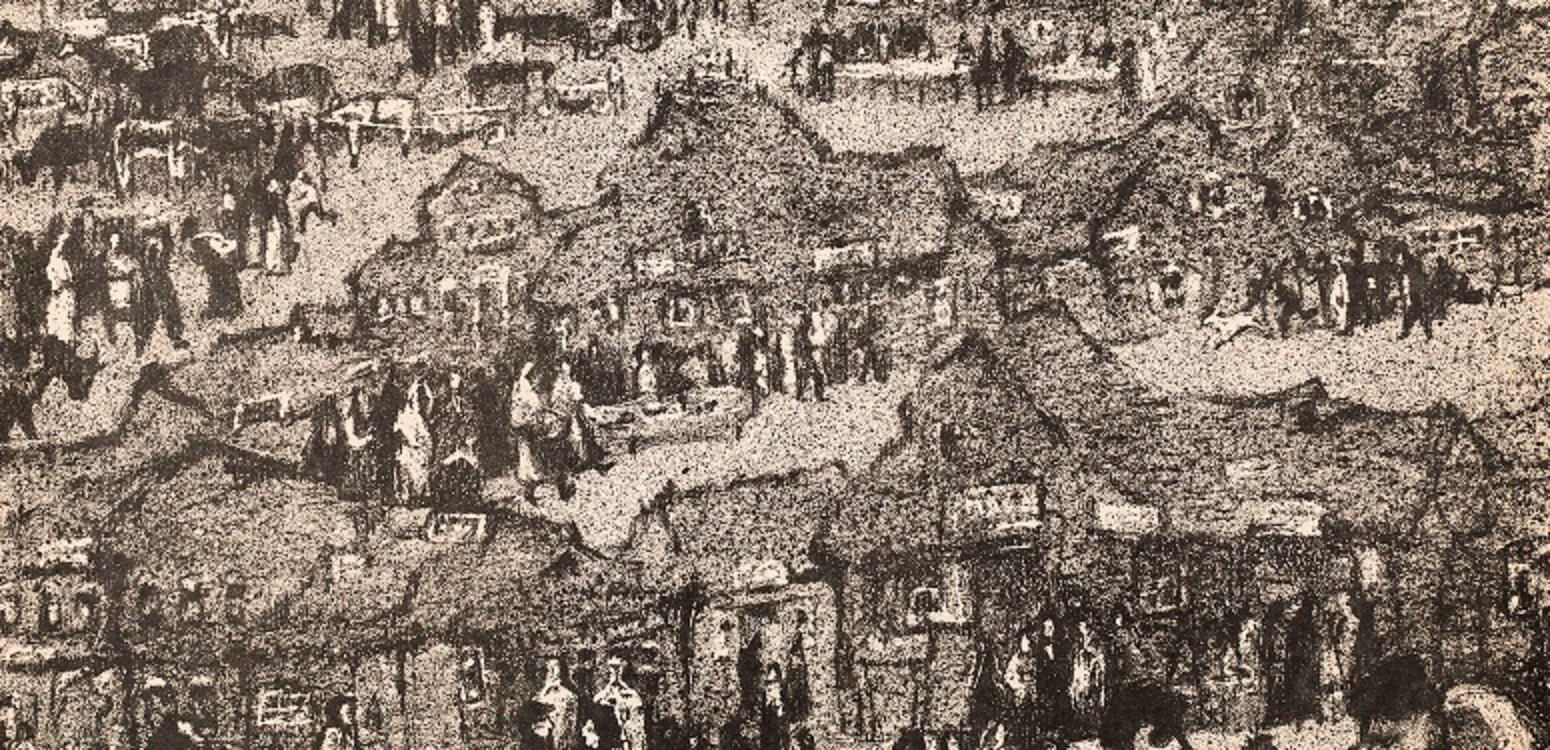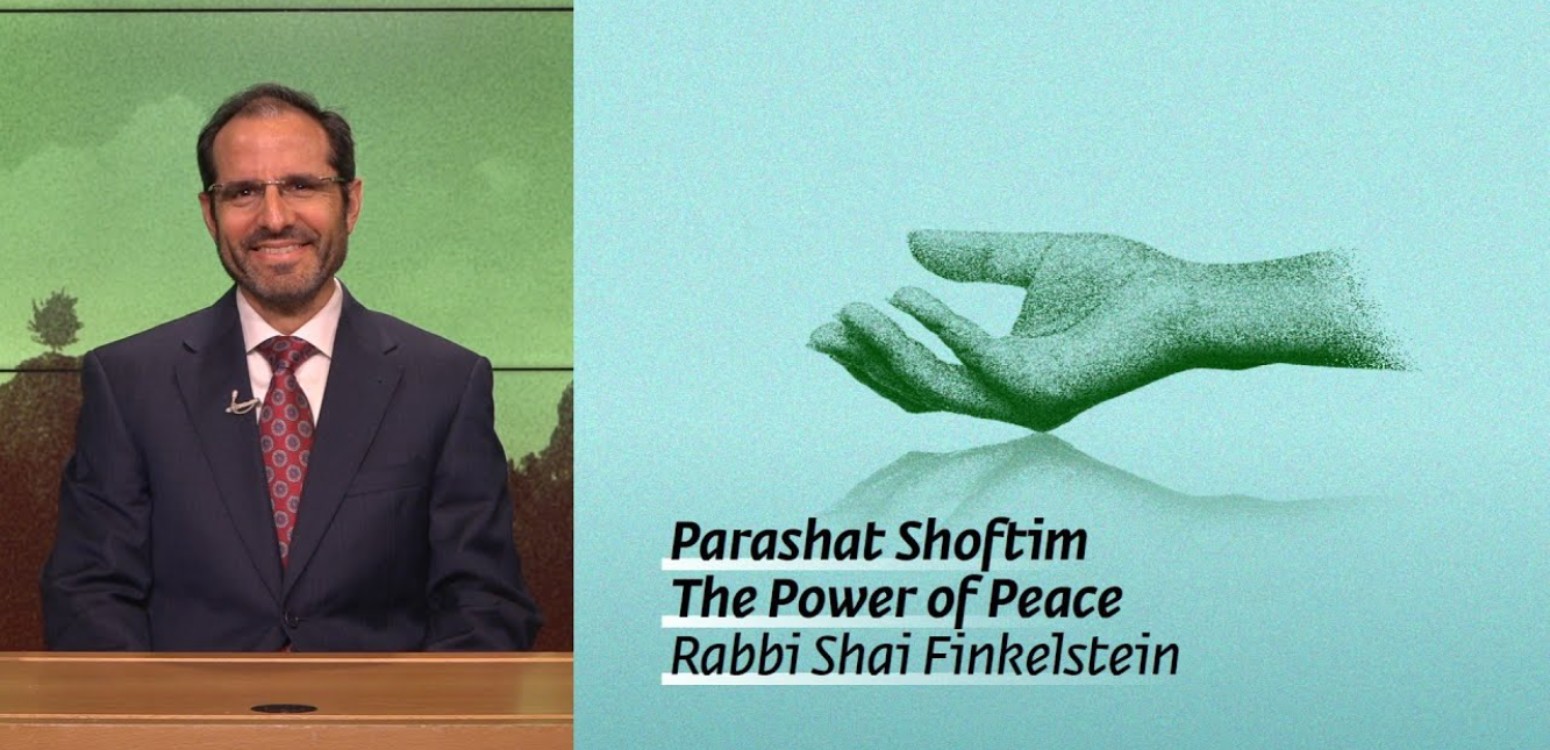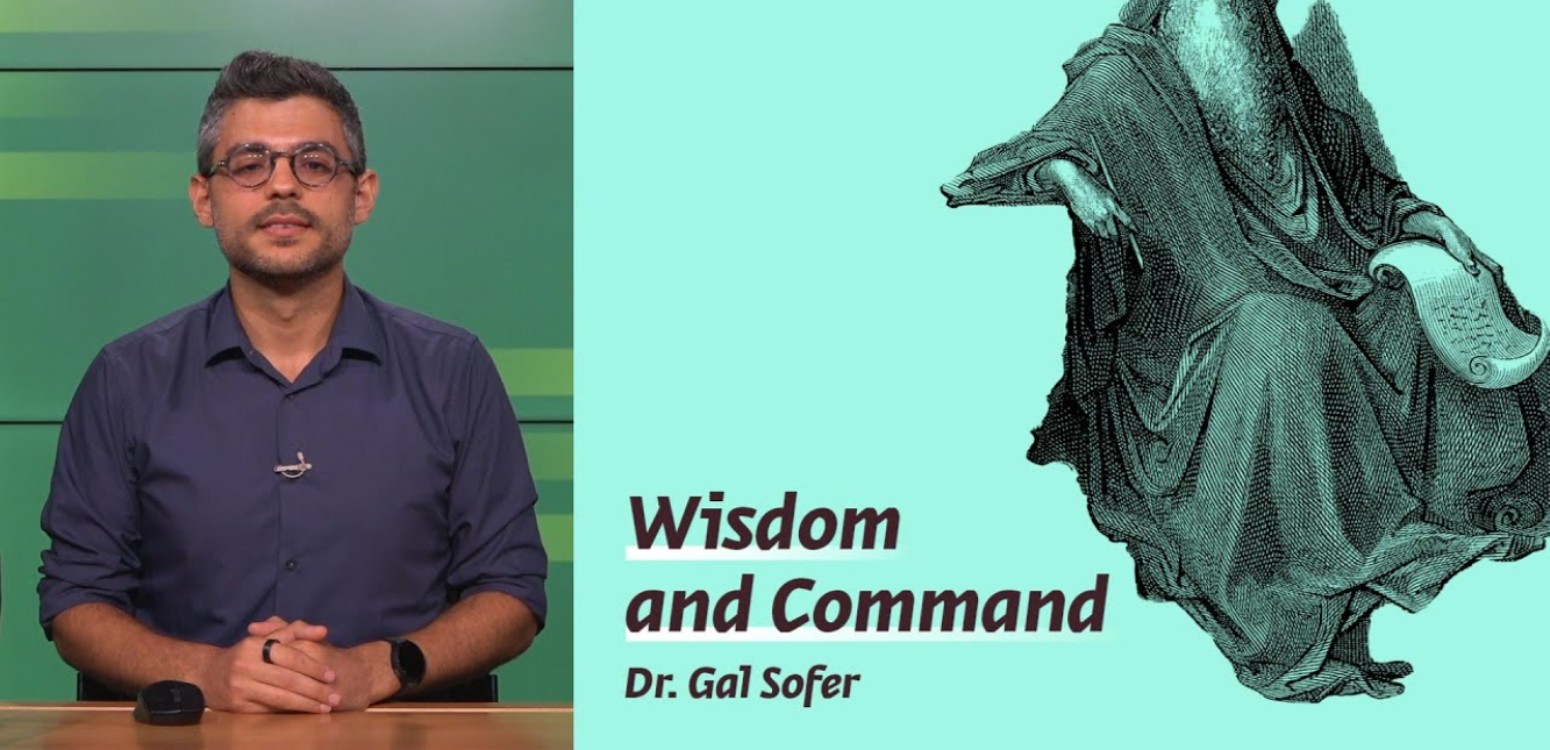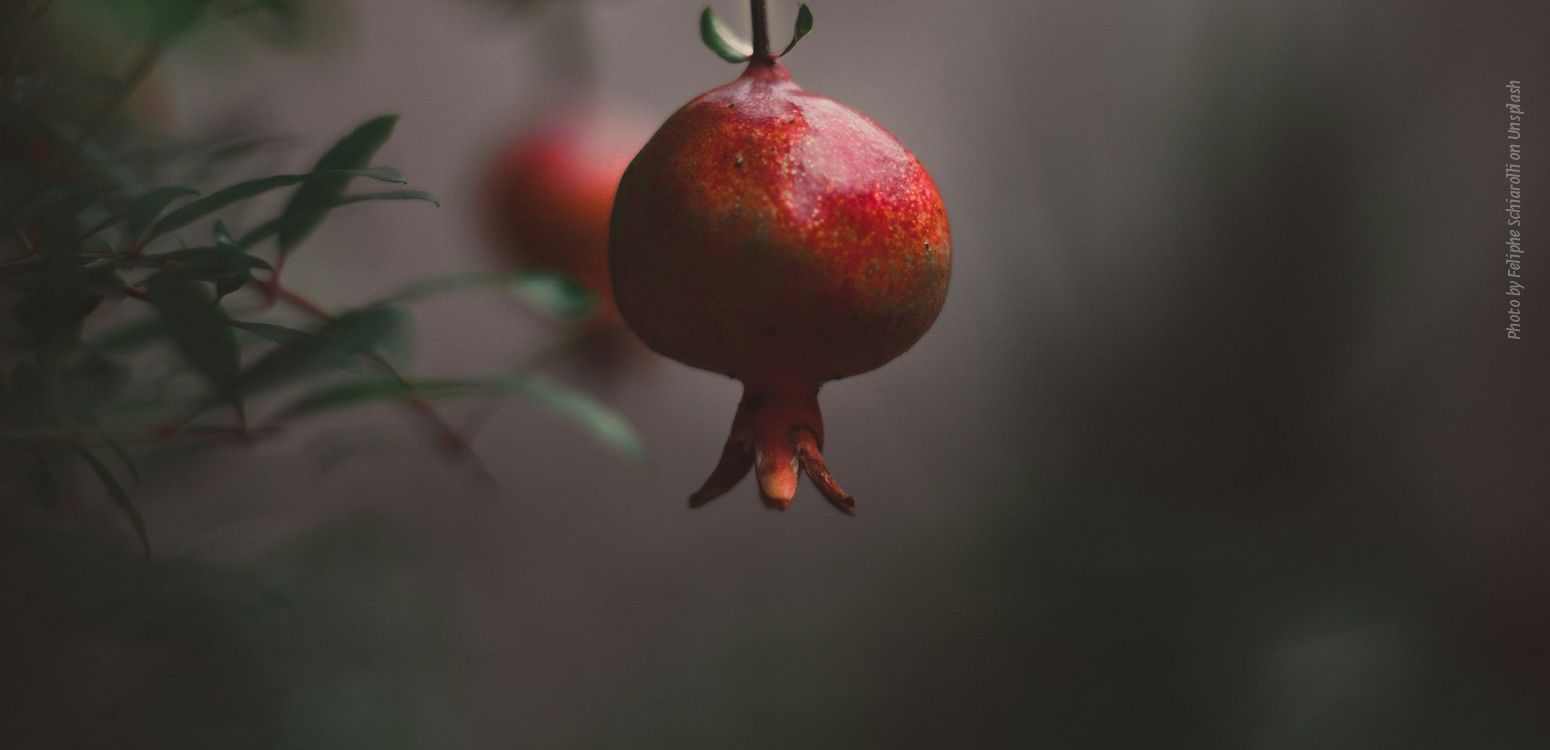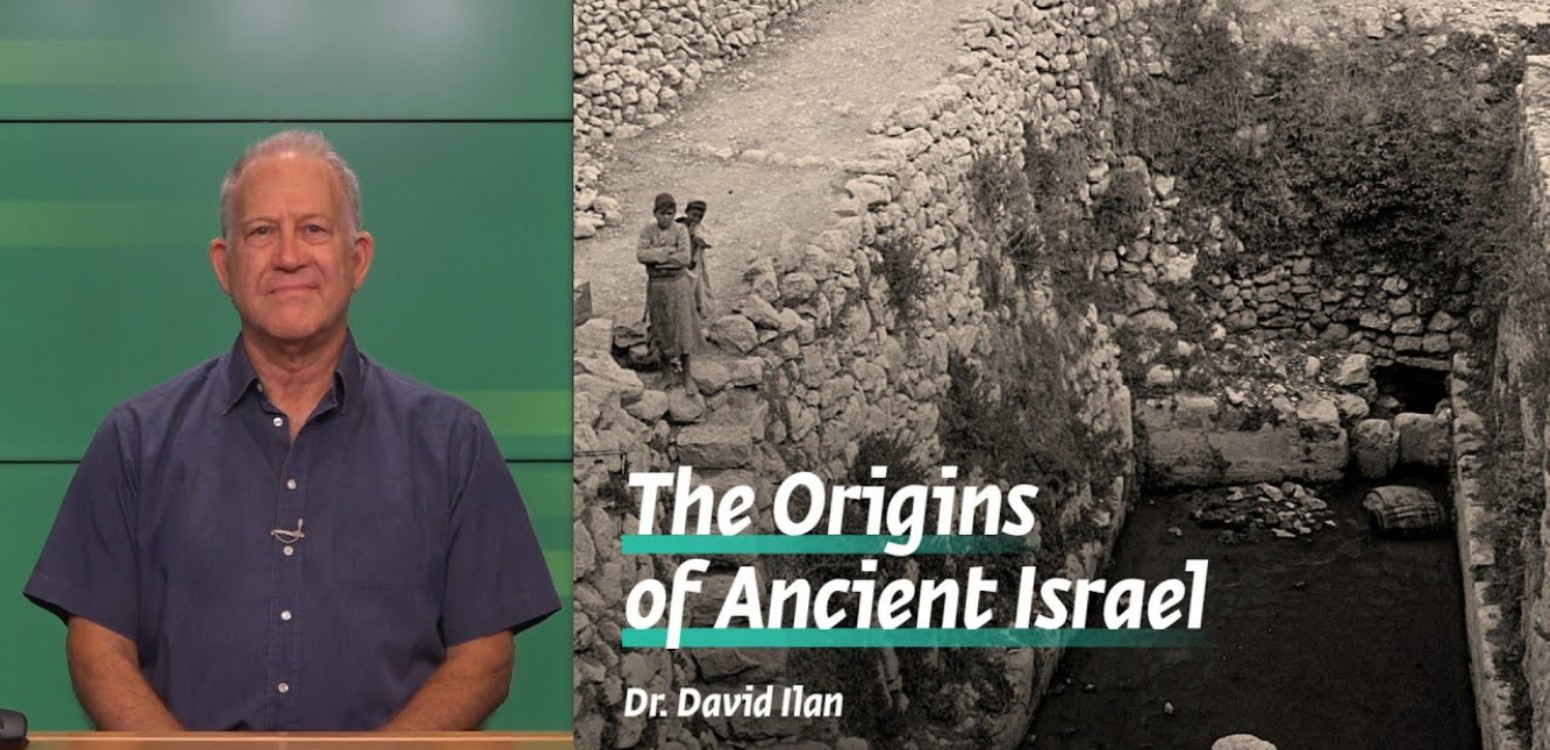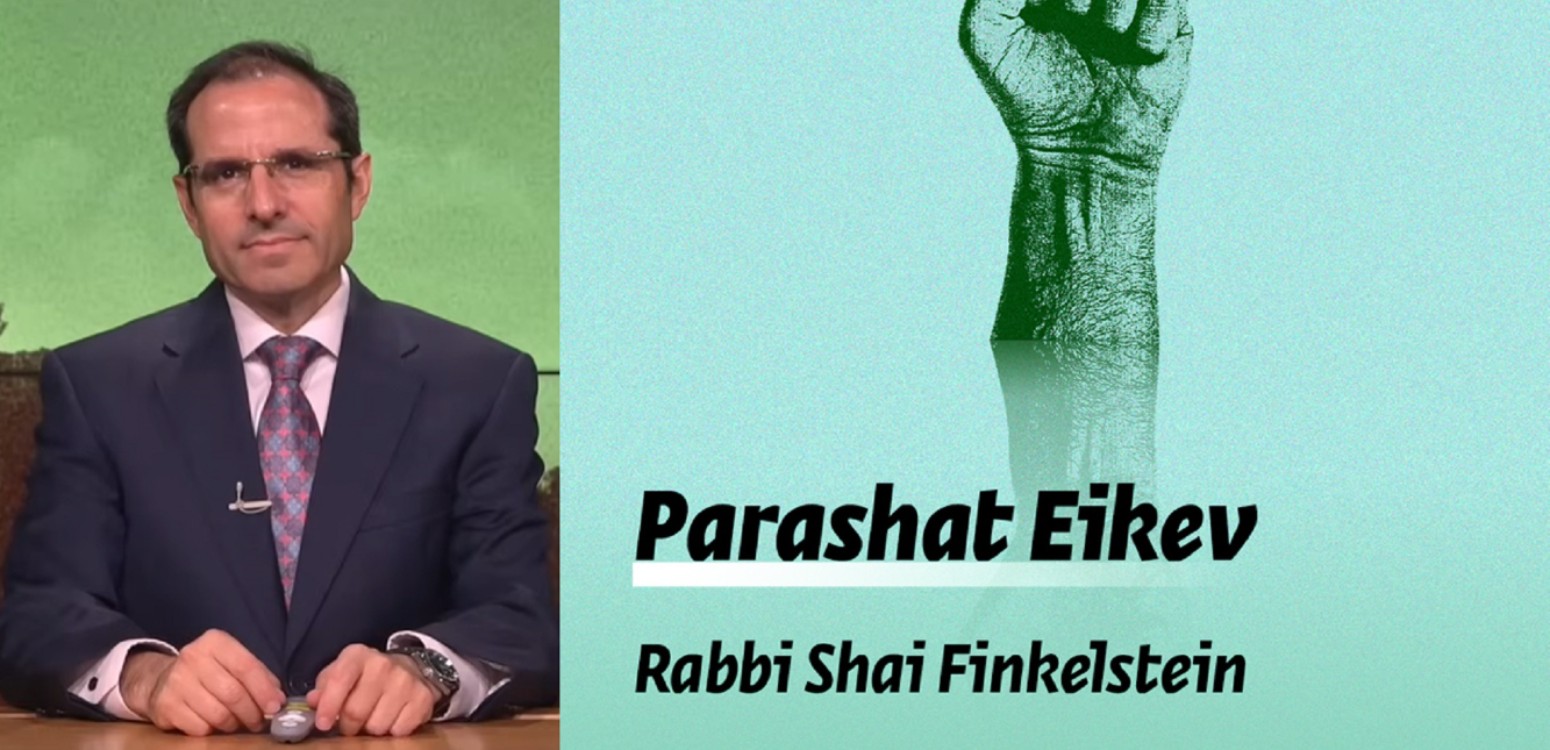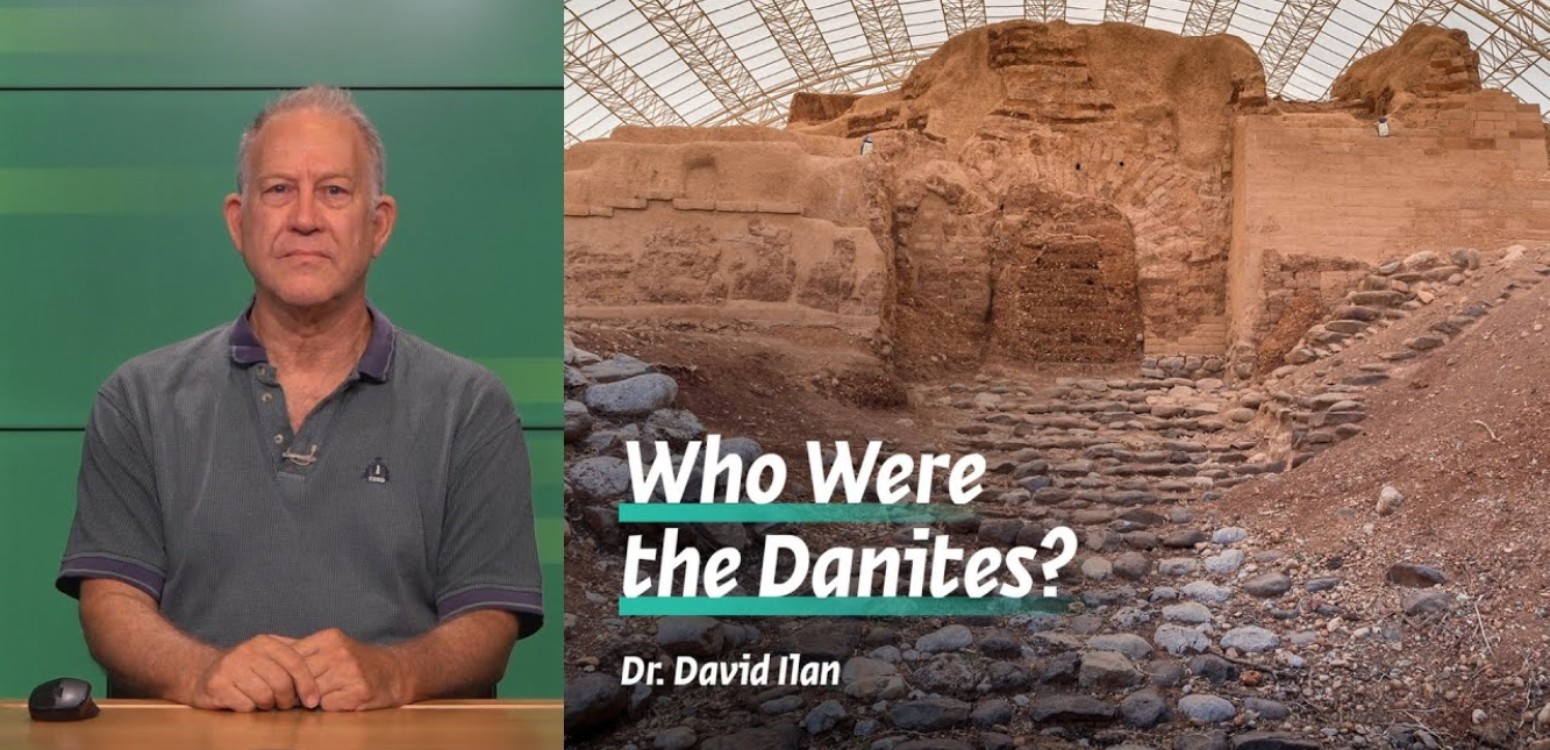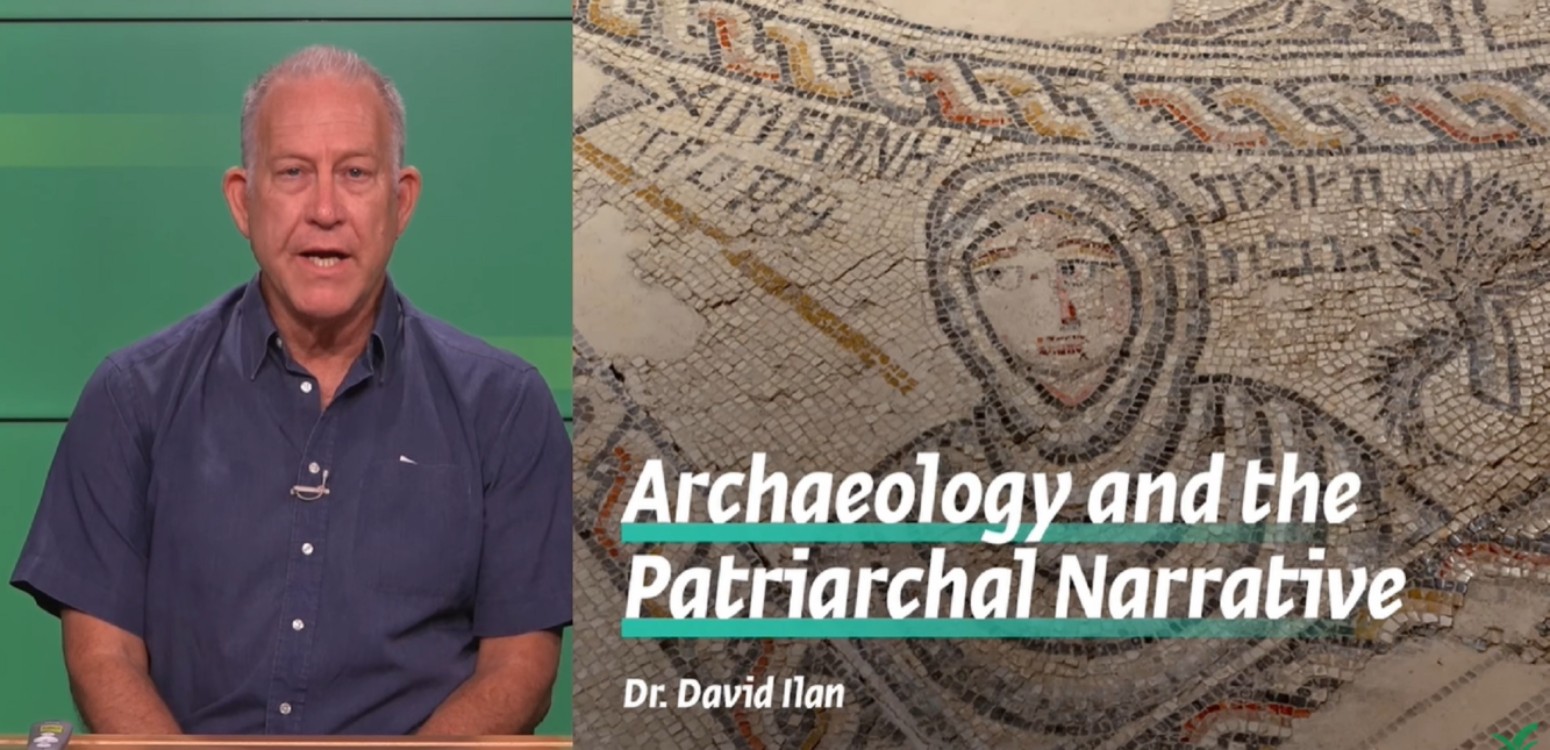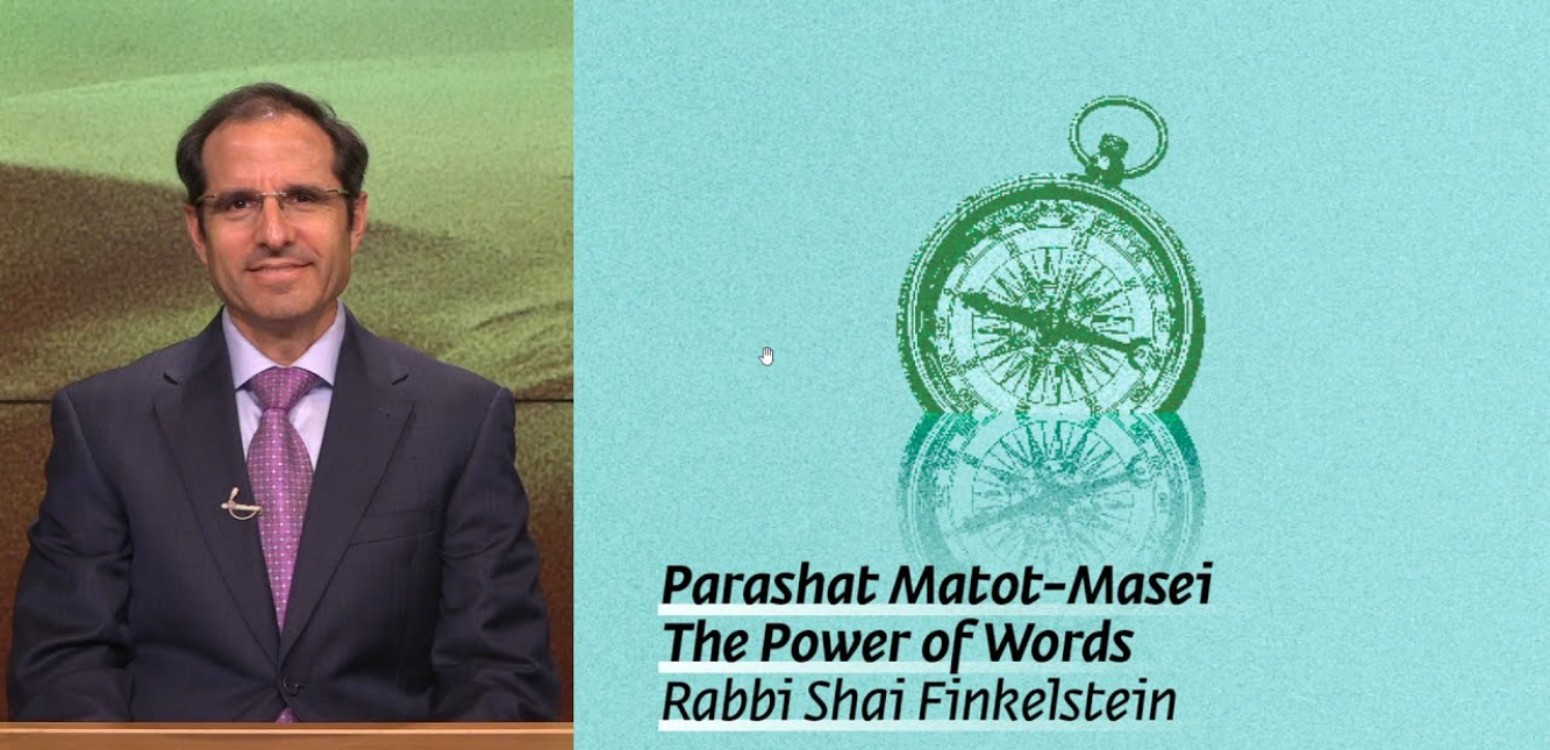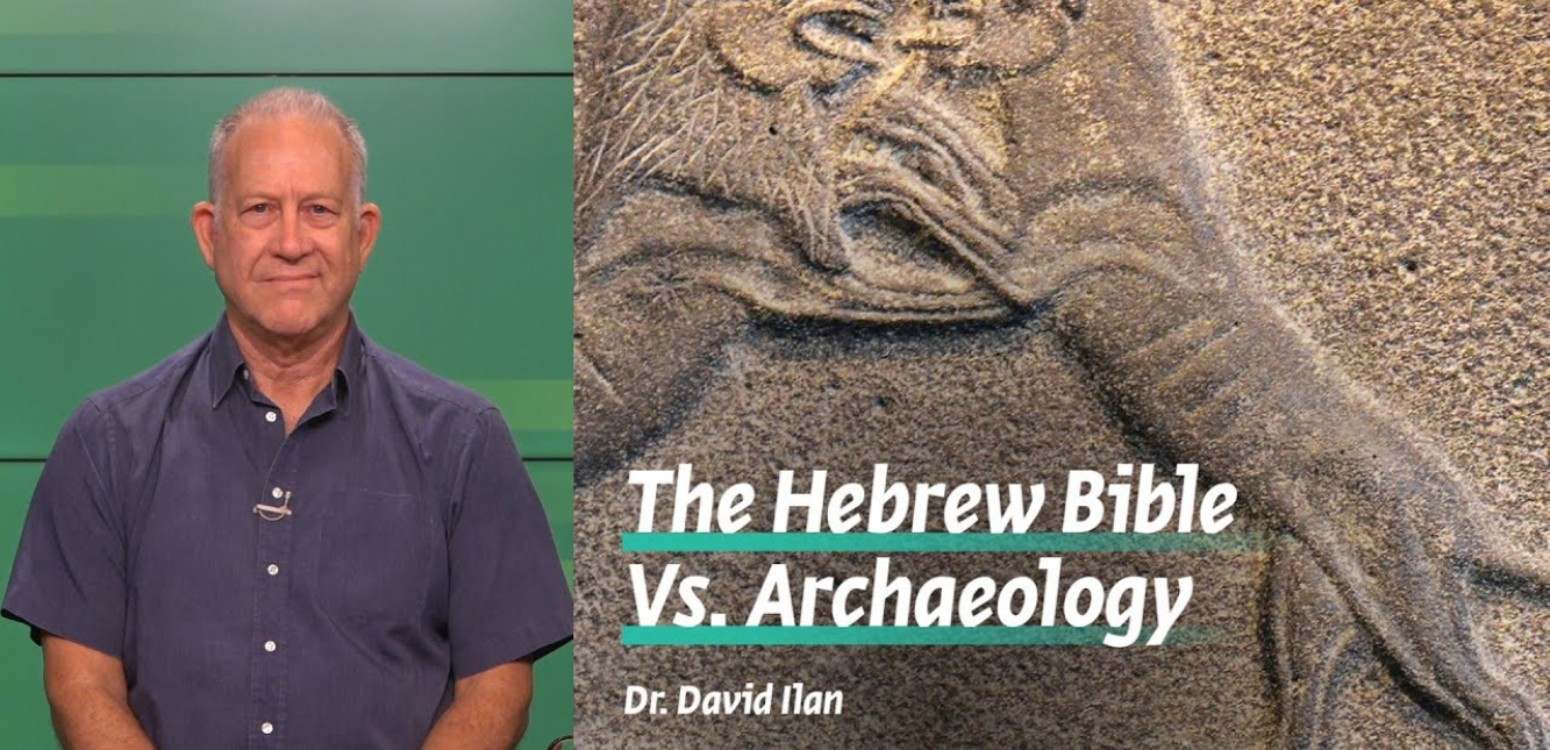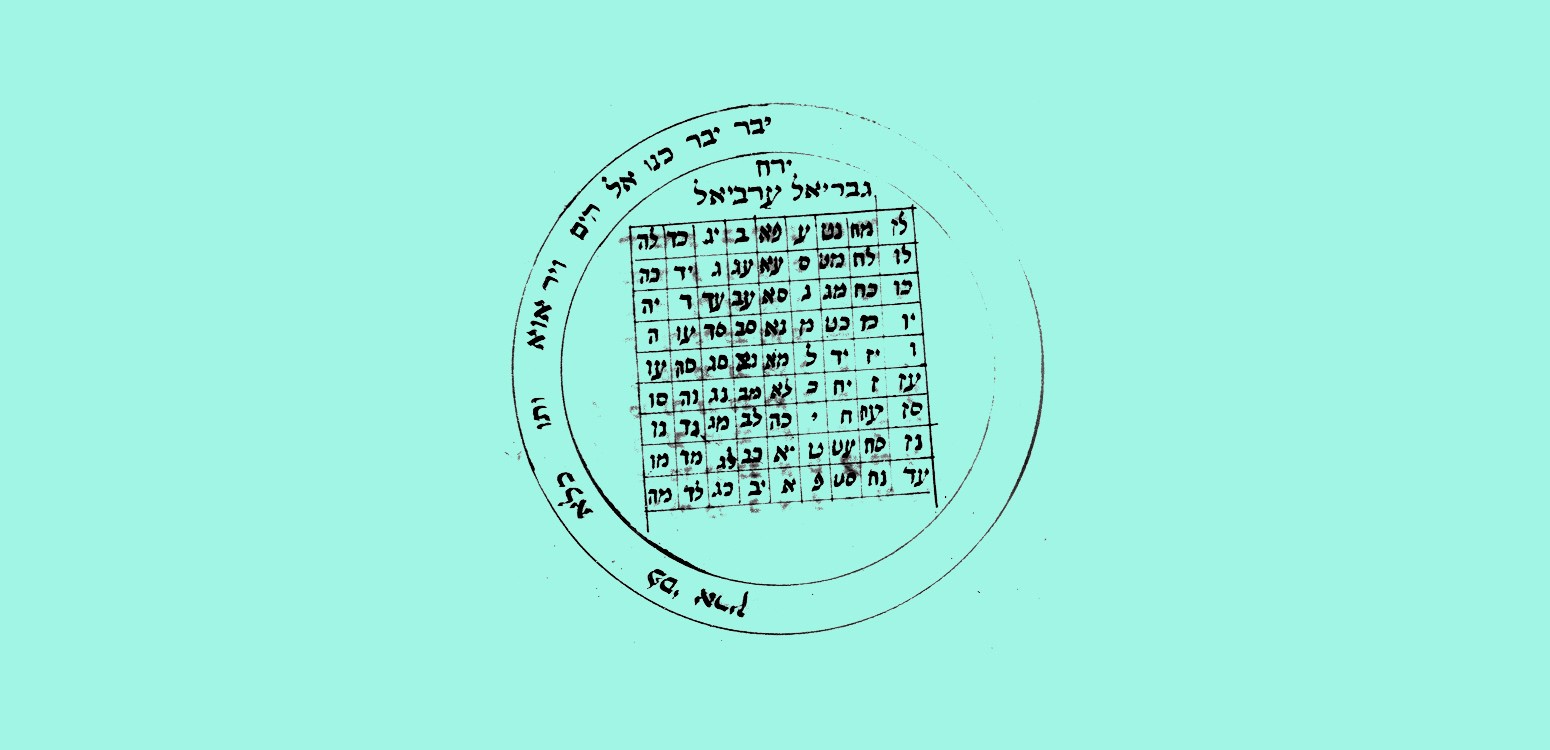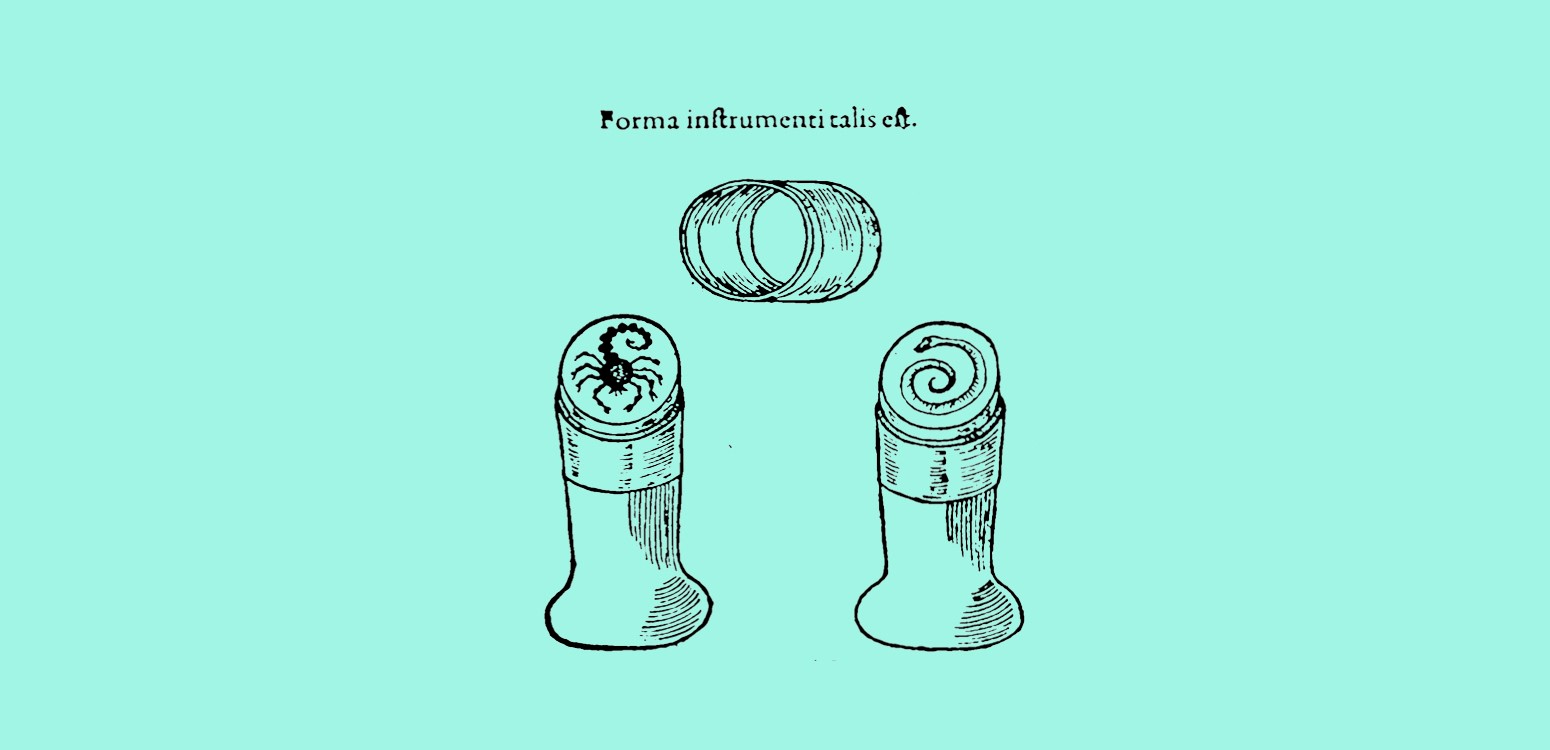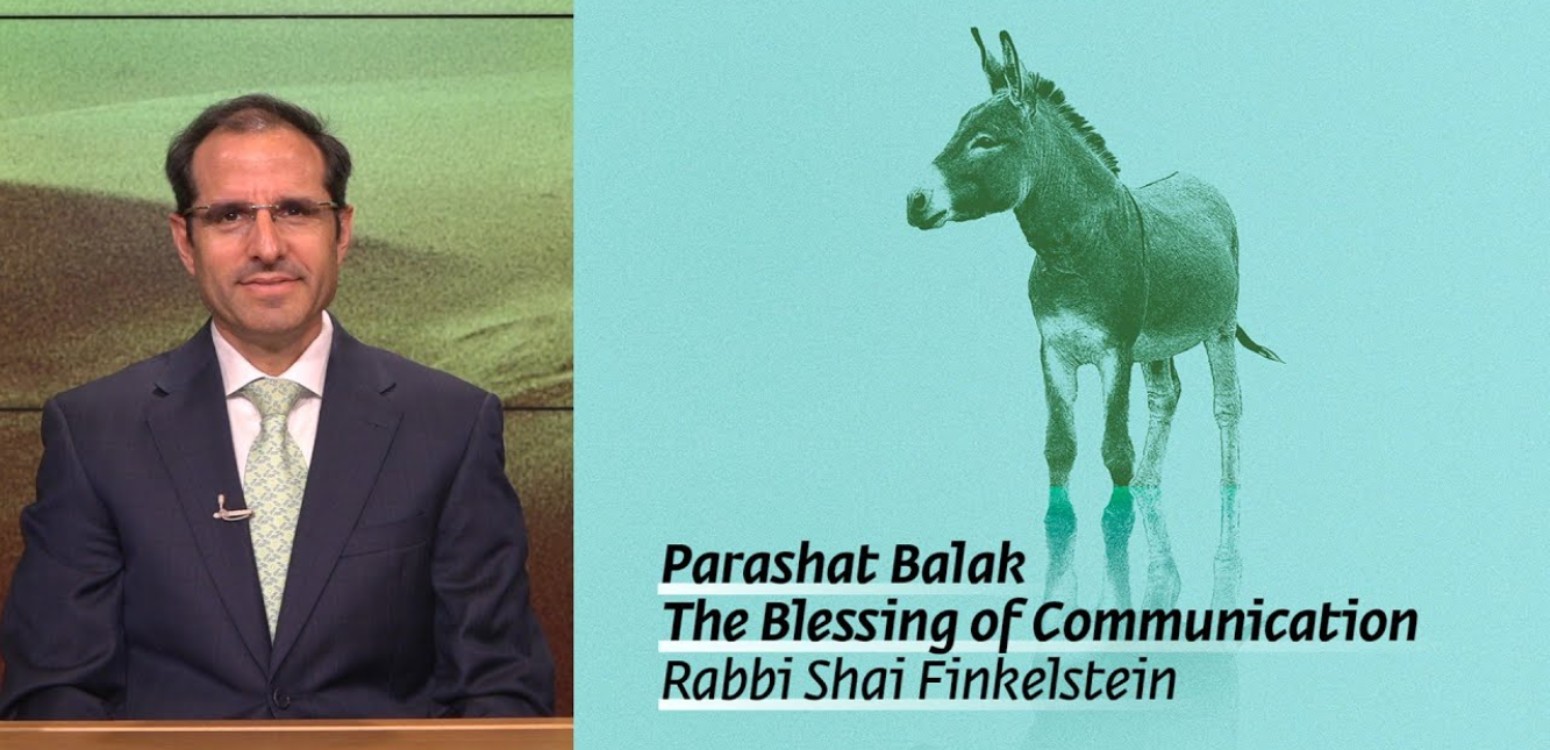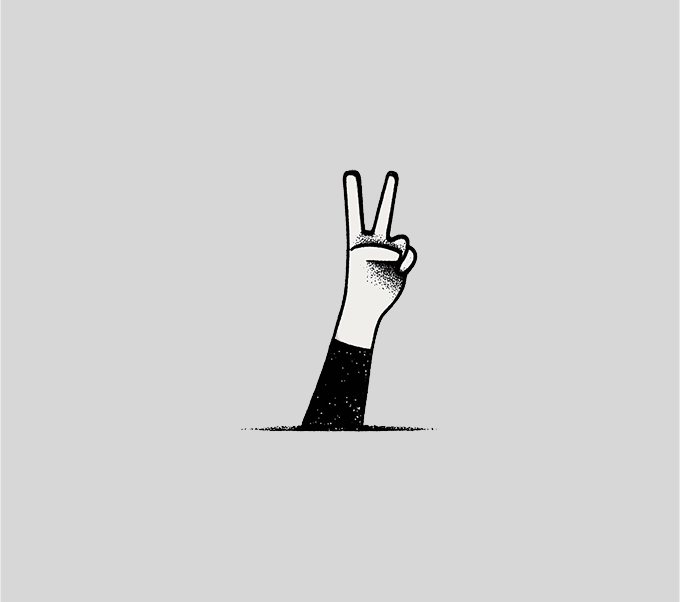Singer-songwriter Aya Zahavi Feiglin first captured hearts as the lead vocalist of the indie-rock band Kol HaChatichim Etzli (“All the Handsome Guys Are at My Place”) and in 2009 appeared with her band on the Israeli reality show Kokhav Nolad – based on the British show “Pop Idol”. But in this episode of “Song of Hope,” she reveals a deeper truth about music’s power to heal.
In her intimate conversation about creativity and motherhood during wartime, Zahavi Feiglin reflects on how a song can give you a hug and give you hope, how it can lift you up and help you imagine a better future. Her words carry new weight since the devastating attack of October 7, when her world – and every Israeli parent’s world – changed forever.
Her son was barely a year old on that day, when a brutal truth was exposed: despite being a parent’s most fundamental responsibility, she couldn't guarantee his safety. “That illusion was shattered that day,” Zahavi Feiglin says. “It’s unbearable knowledge, but thankfully we’re blessed with mechanisms that allow us – most of the time – not to dwell on this truth we all know, and to keep going, keep functioning, keep living.”
What emerged in Israel post October 7 was a disturbed routine; functioning as if life were normal while nothing about the reality remained normal. “You don’t know how to allocate your resources,” she explains. “You can’t be fully happy, and you can’t be fully depressed.” In her acoustic performance, tender and raw, Zahavi Feiglin turns to Naomi Shemer’s beloved song Hakol Patuach (“Everything is Open”). Her choice honors Shemer, the legendary Israeli poet-musician who passed away about twenty years ago and gave us timeless songs like Yerushalayim shel Zahav (“Jerusalem of Gold”).
“As long as there is spirit, creativity, and art – the world doesn’t deserve to end,” Zahavi Feiglin declares, weaving threads of hope into Shemer’s optimistic lyrics and the melancholy hidden between their lines.
